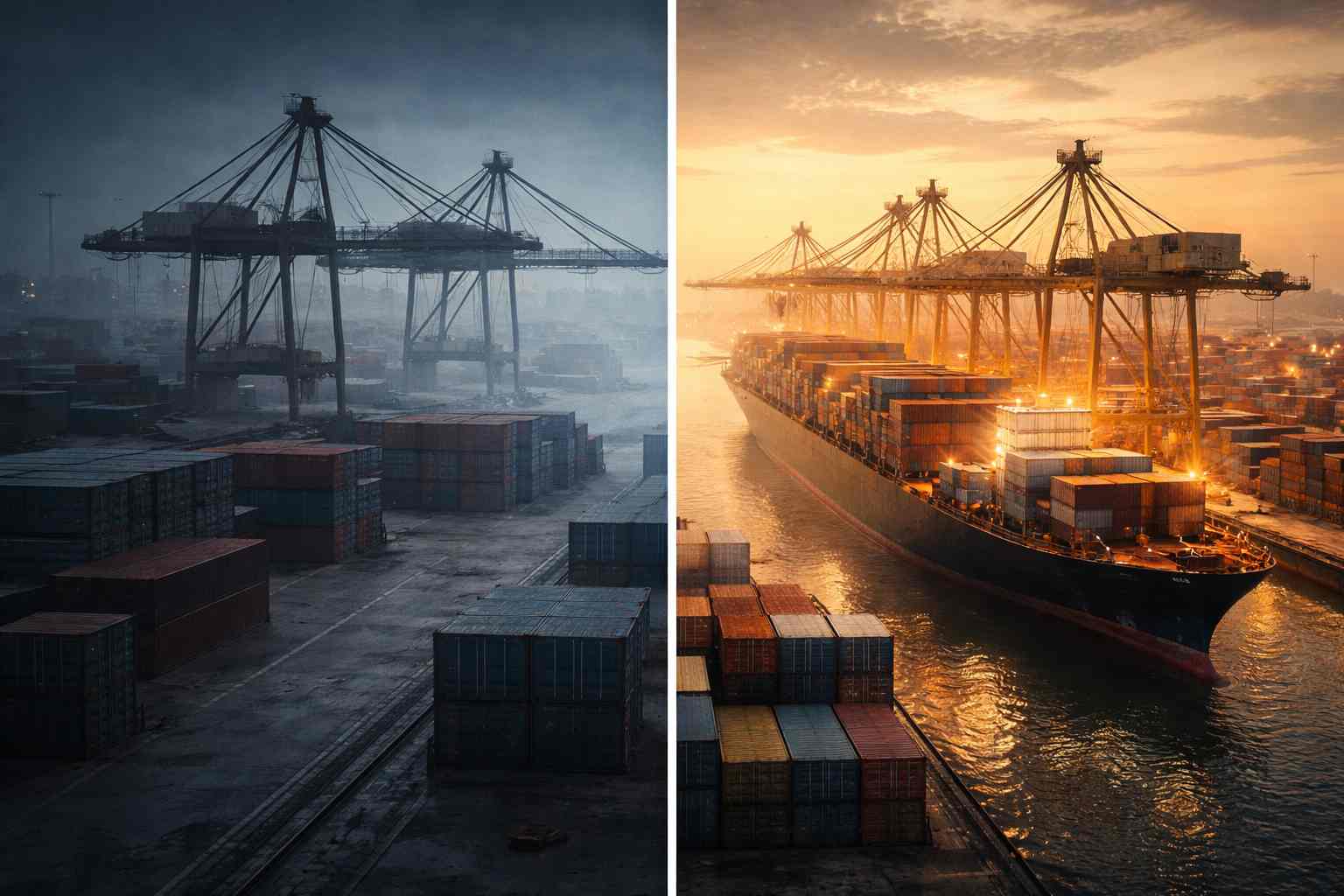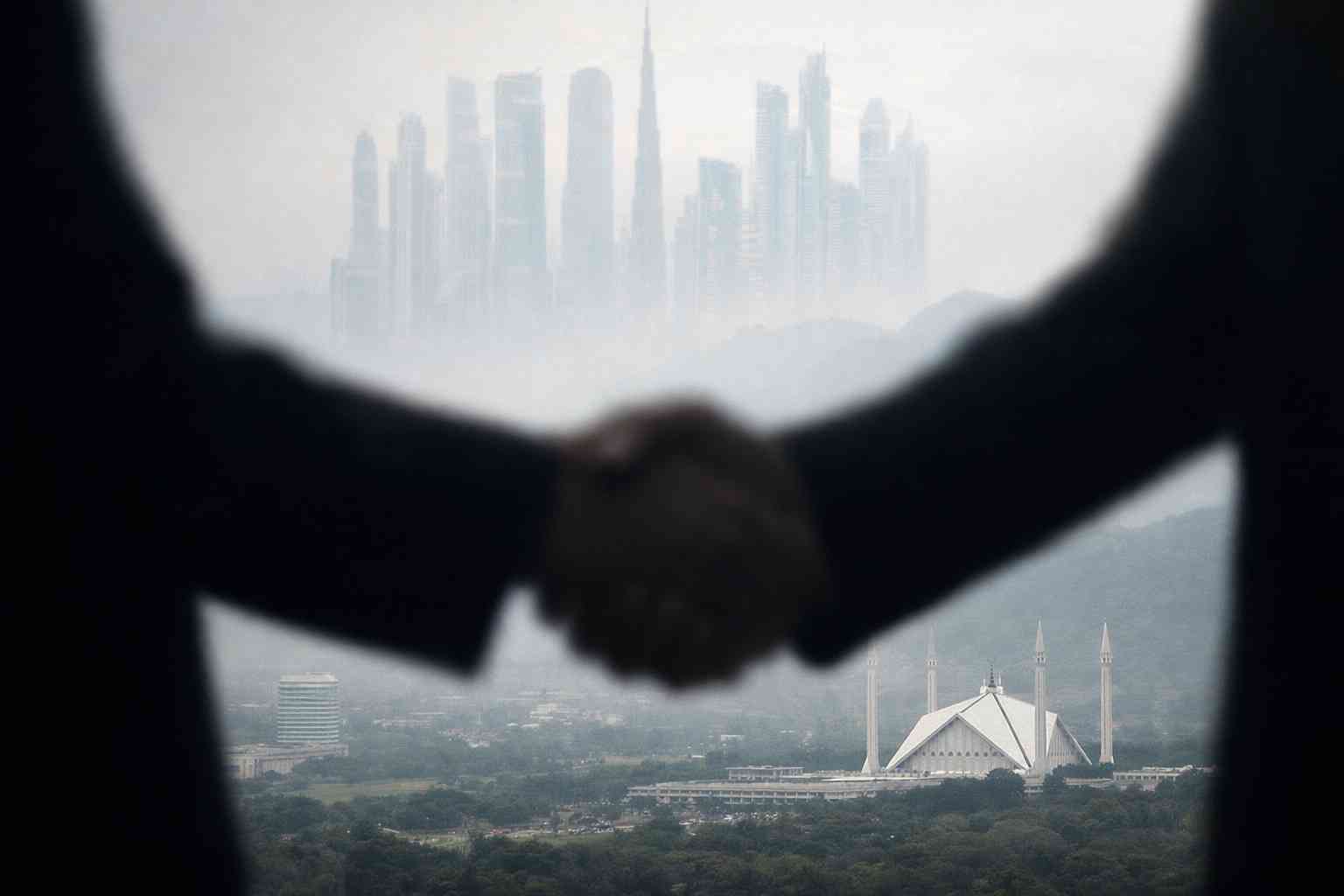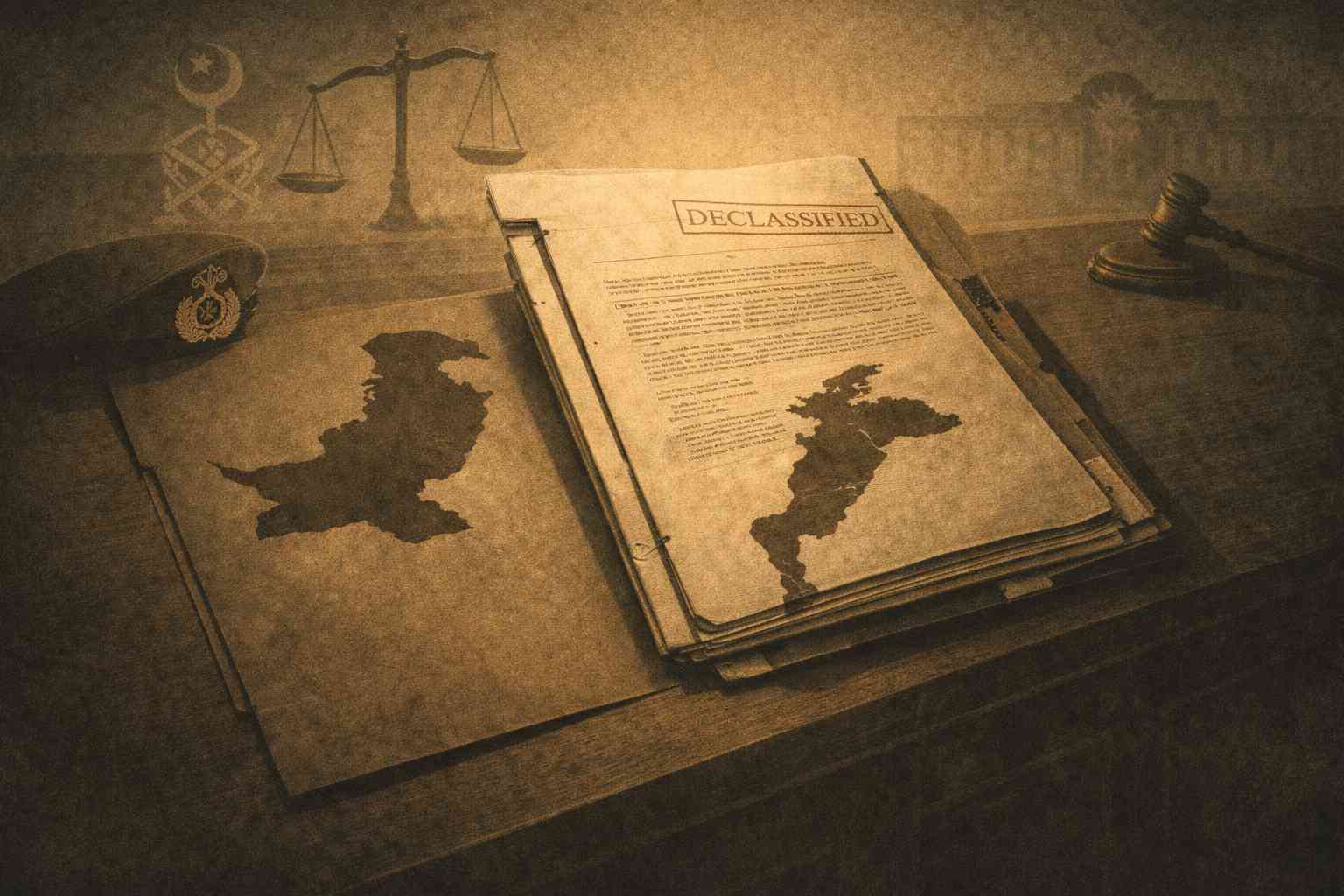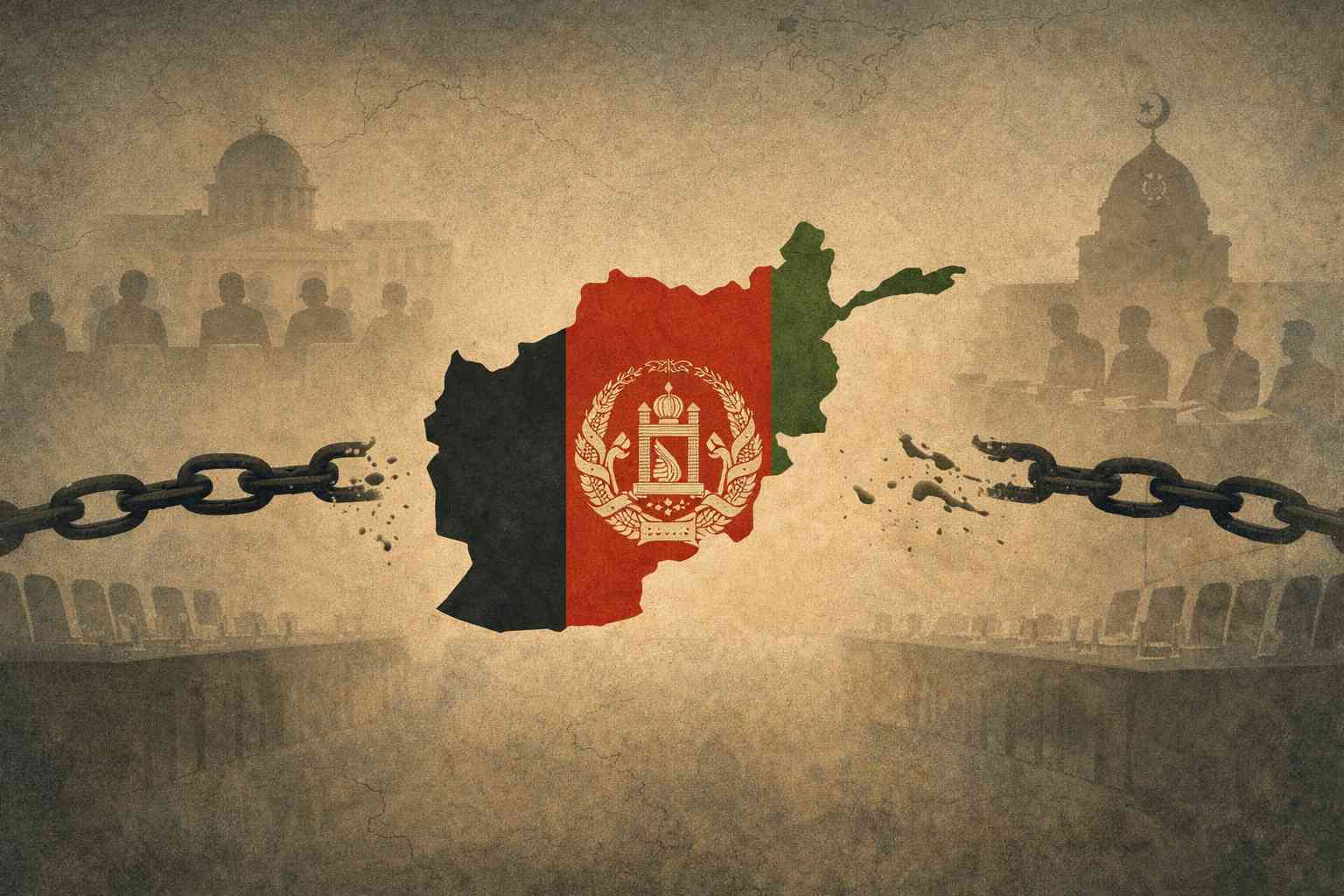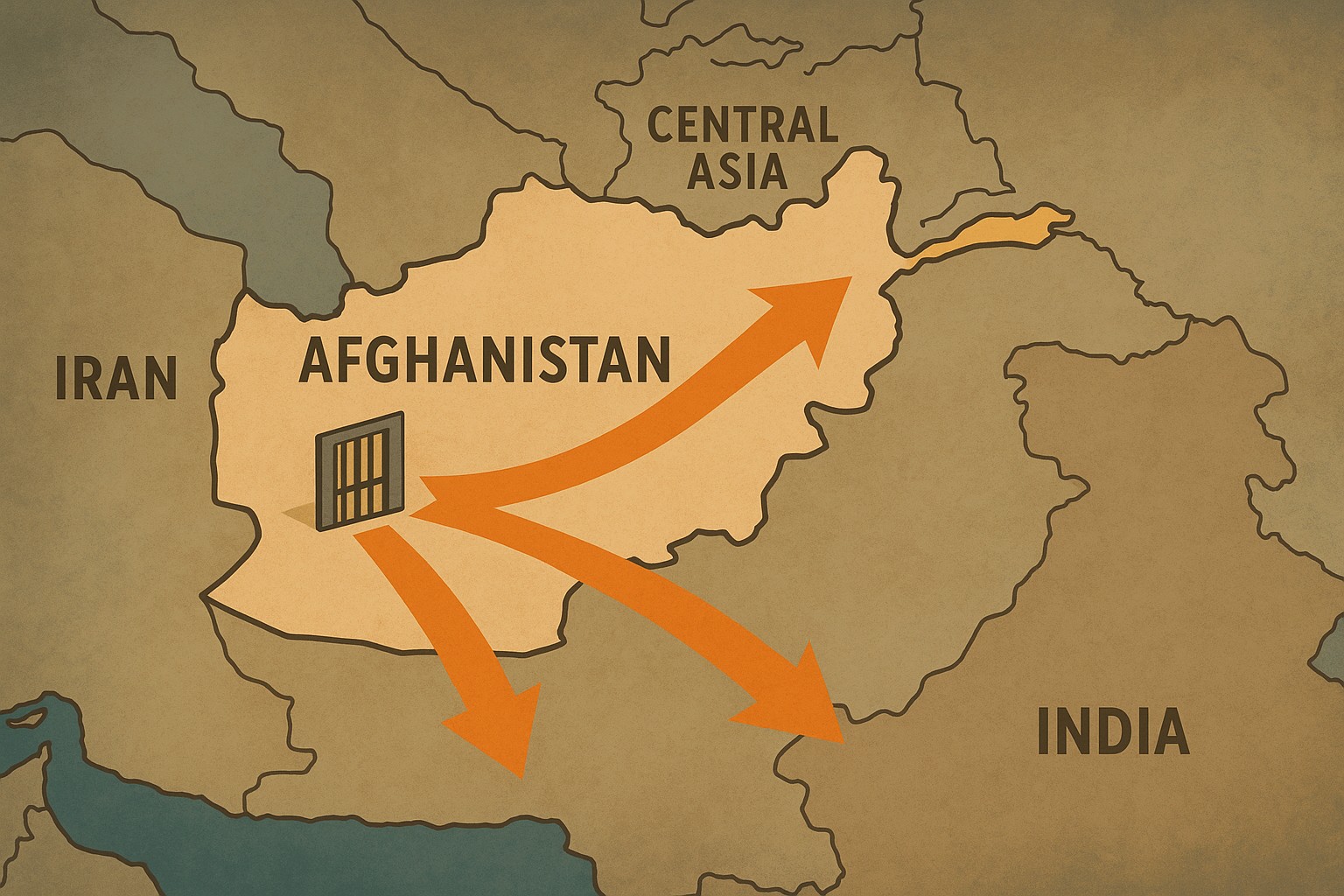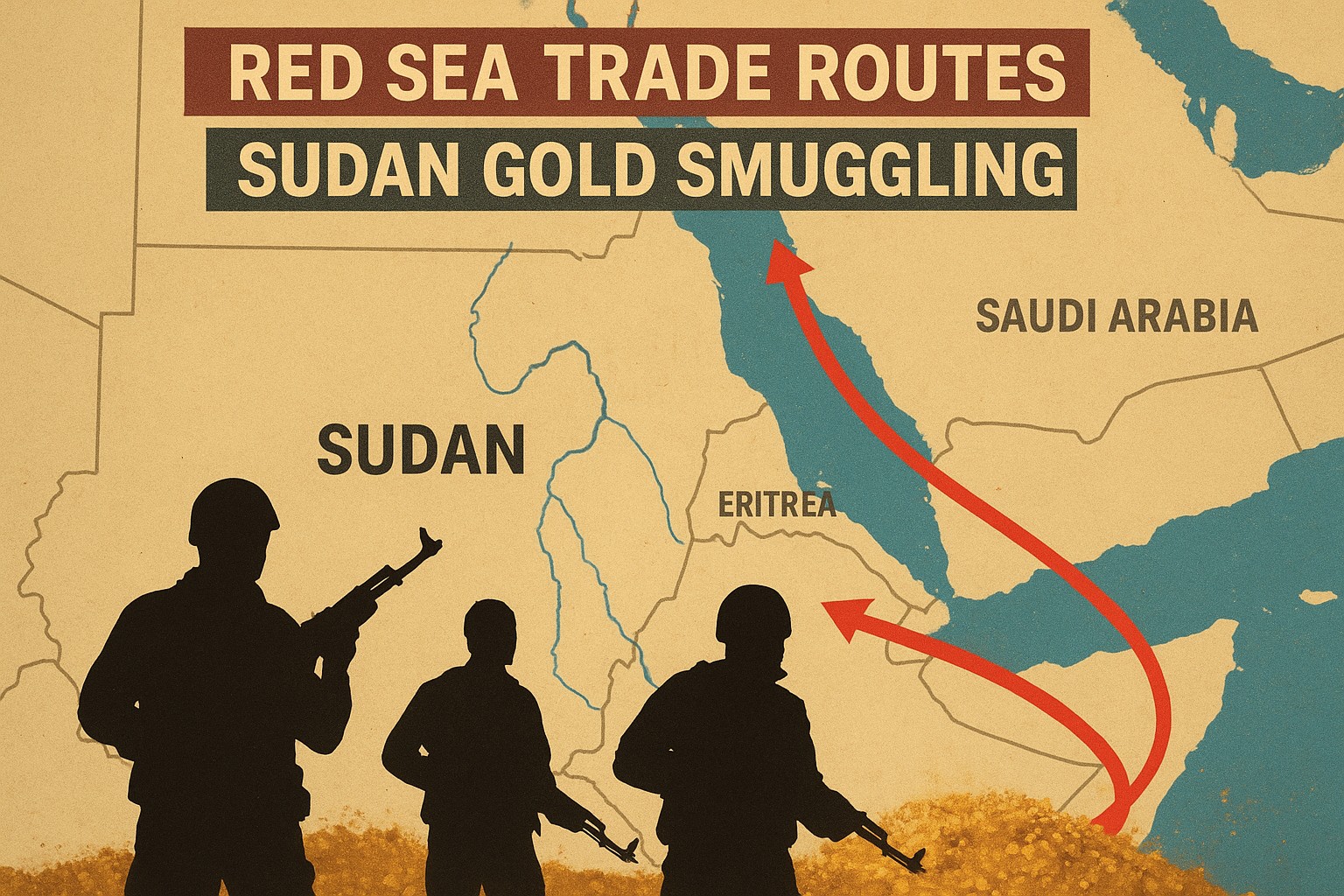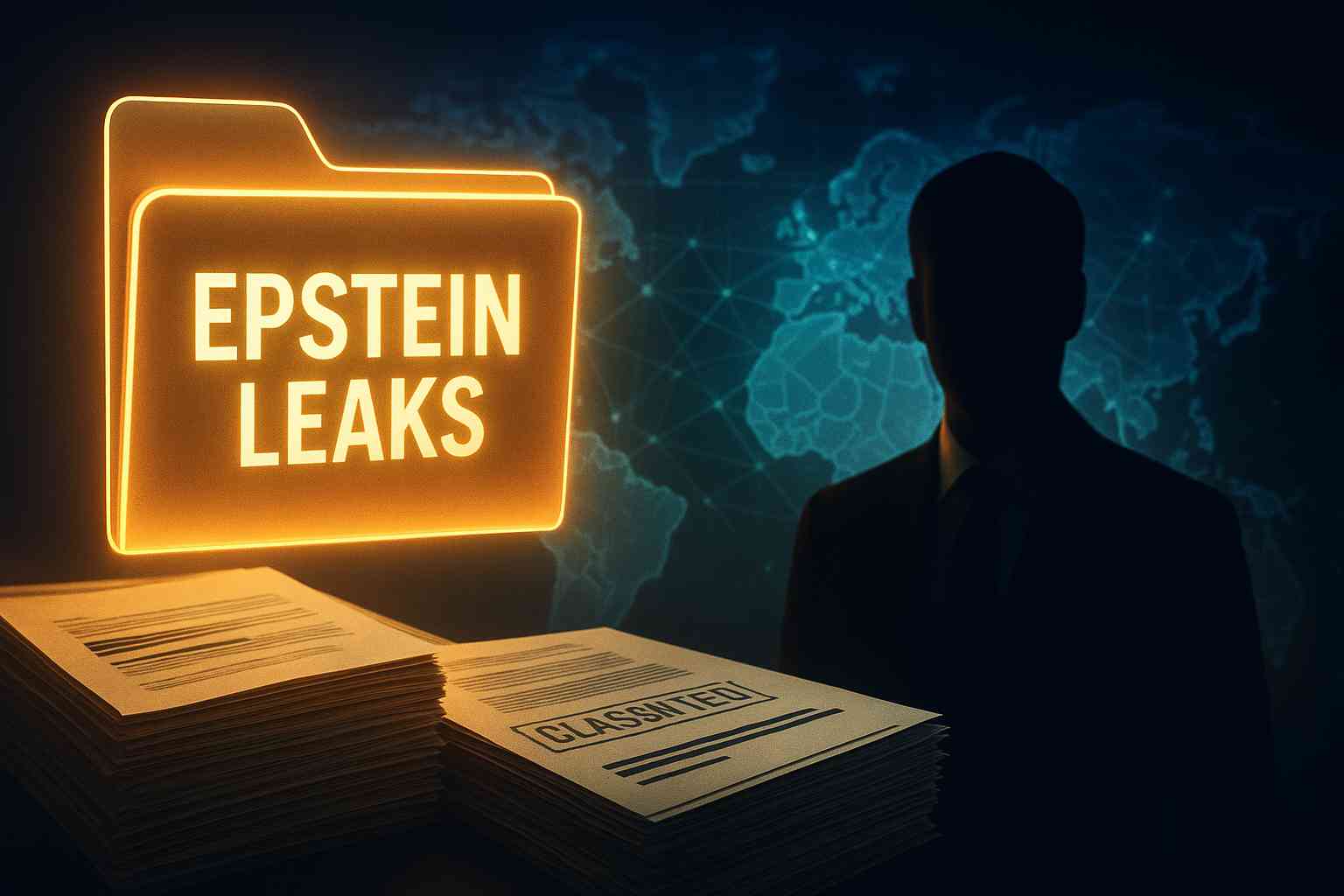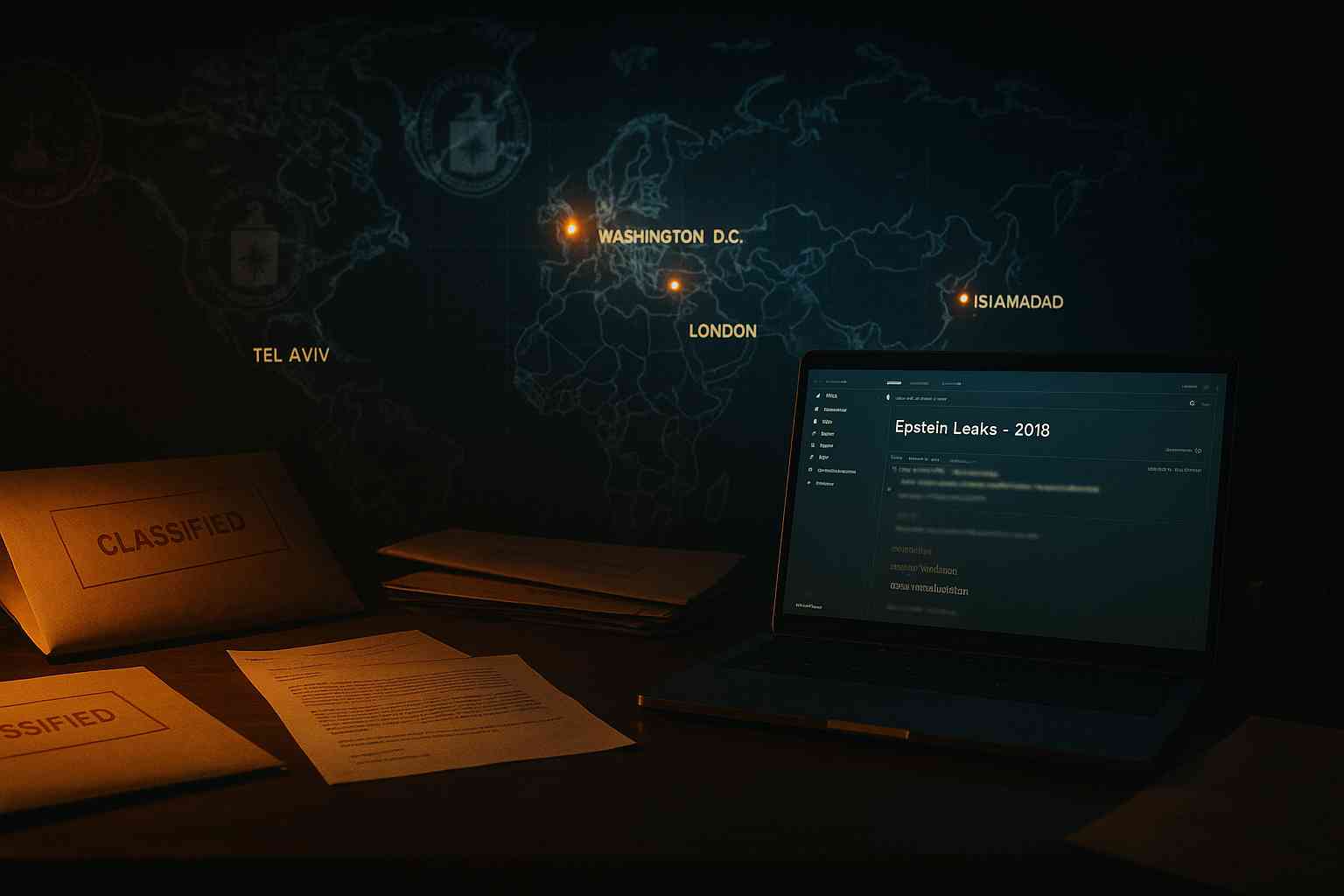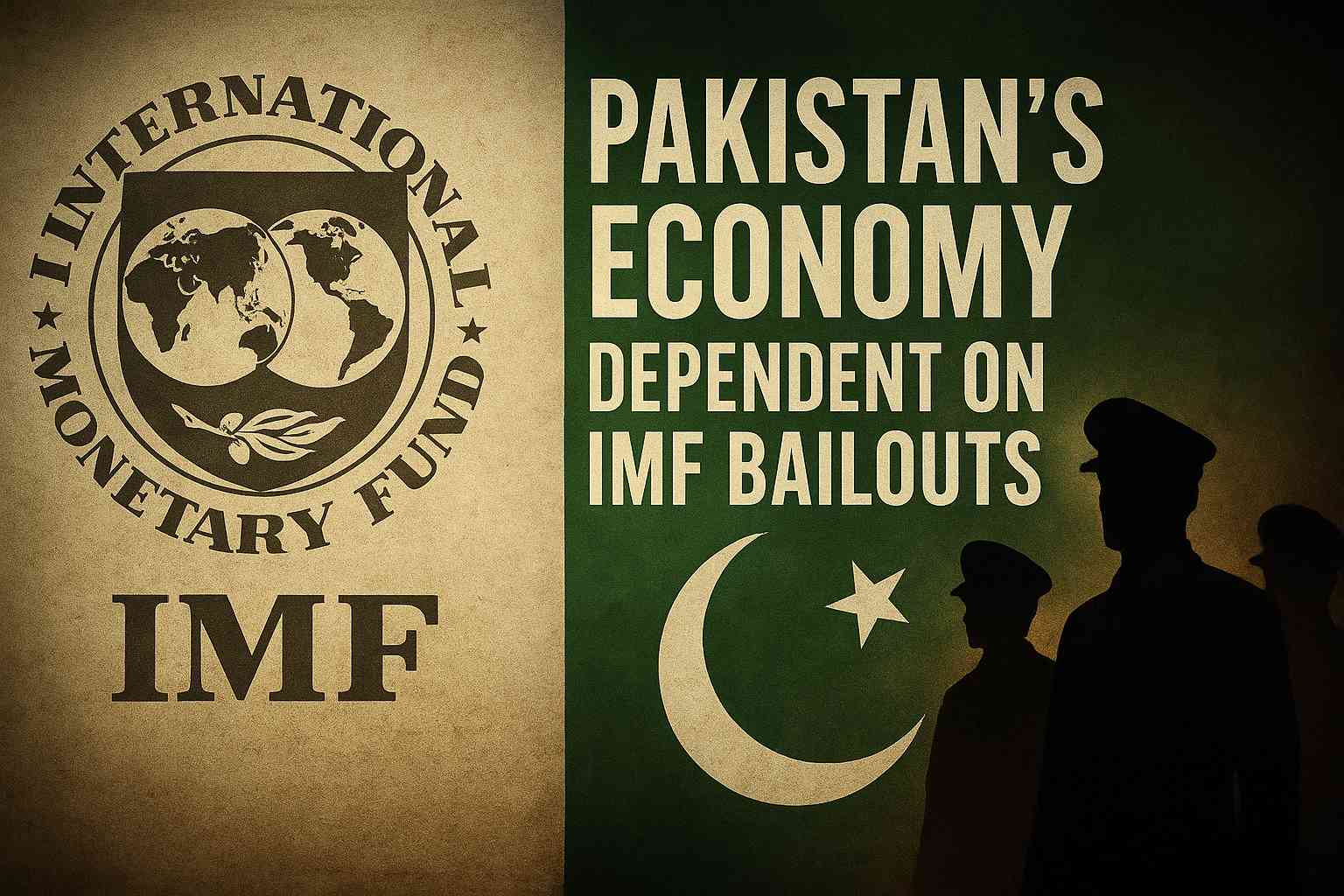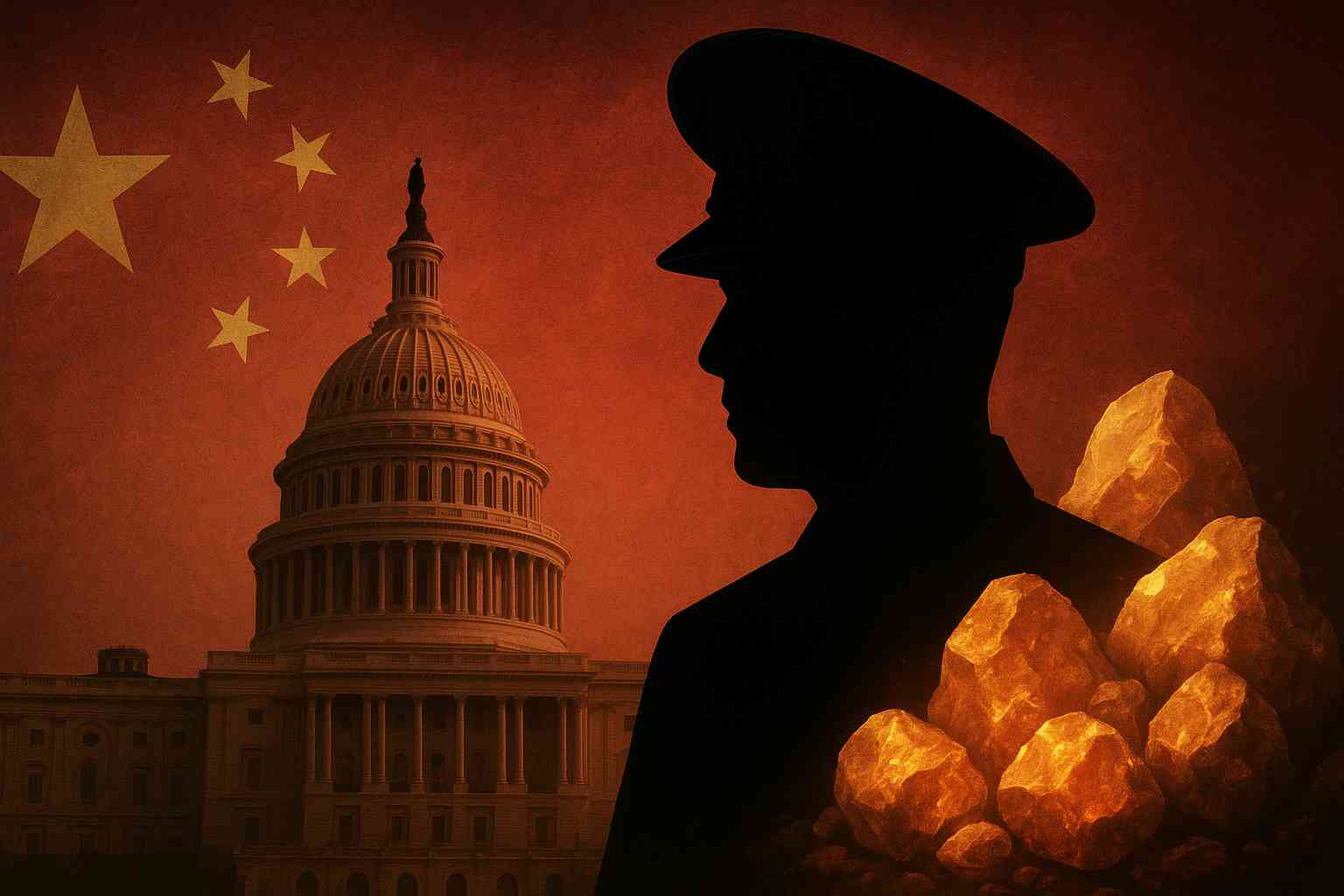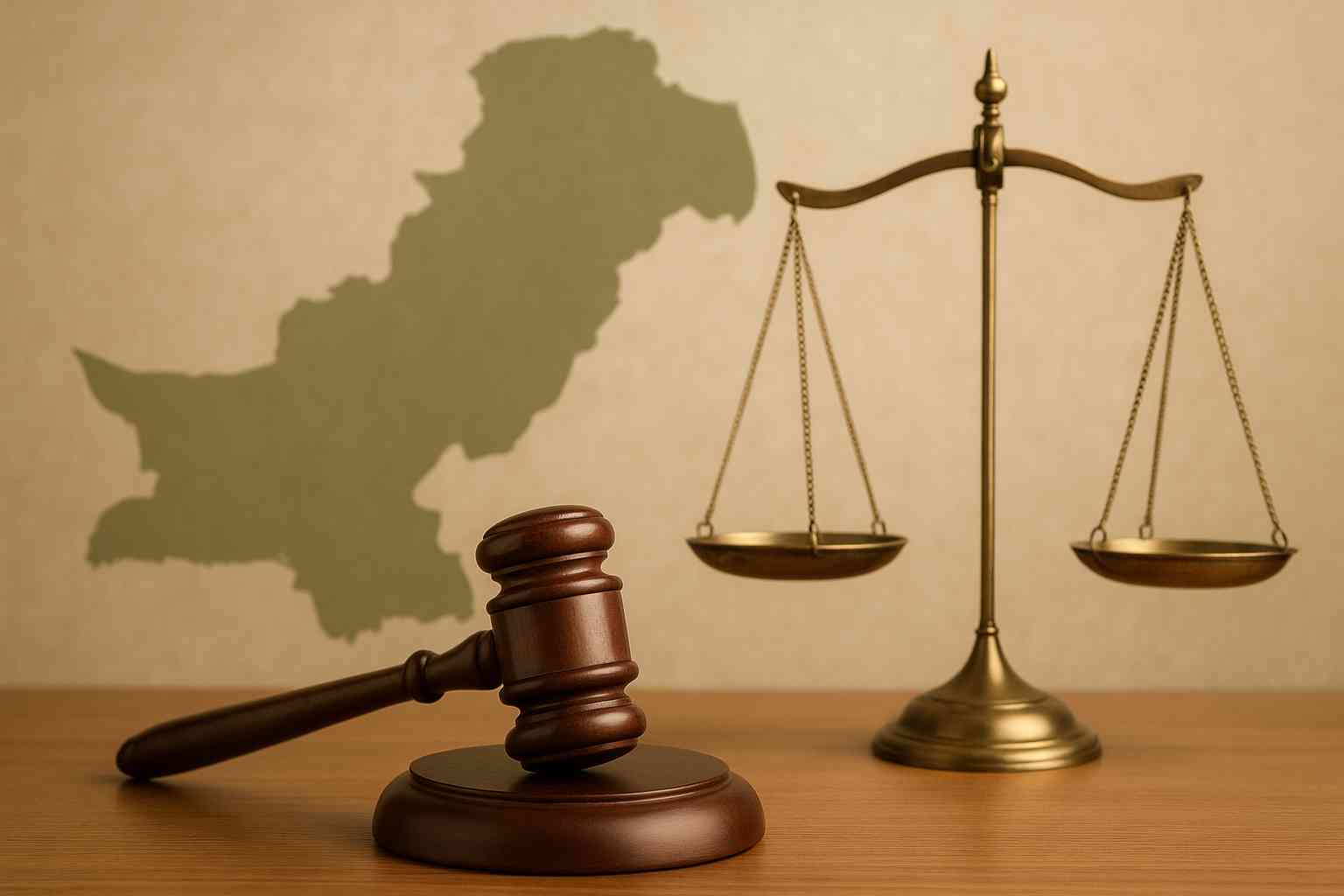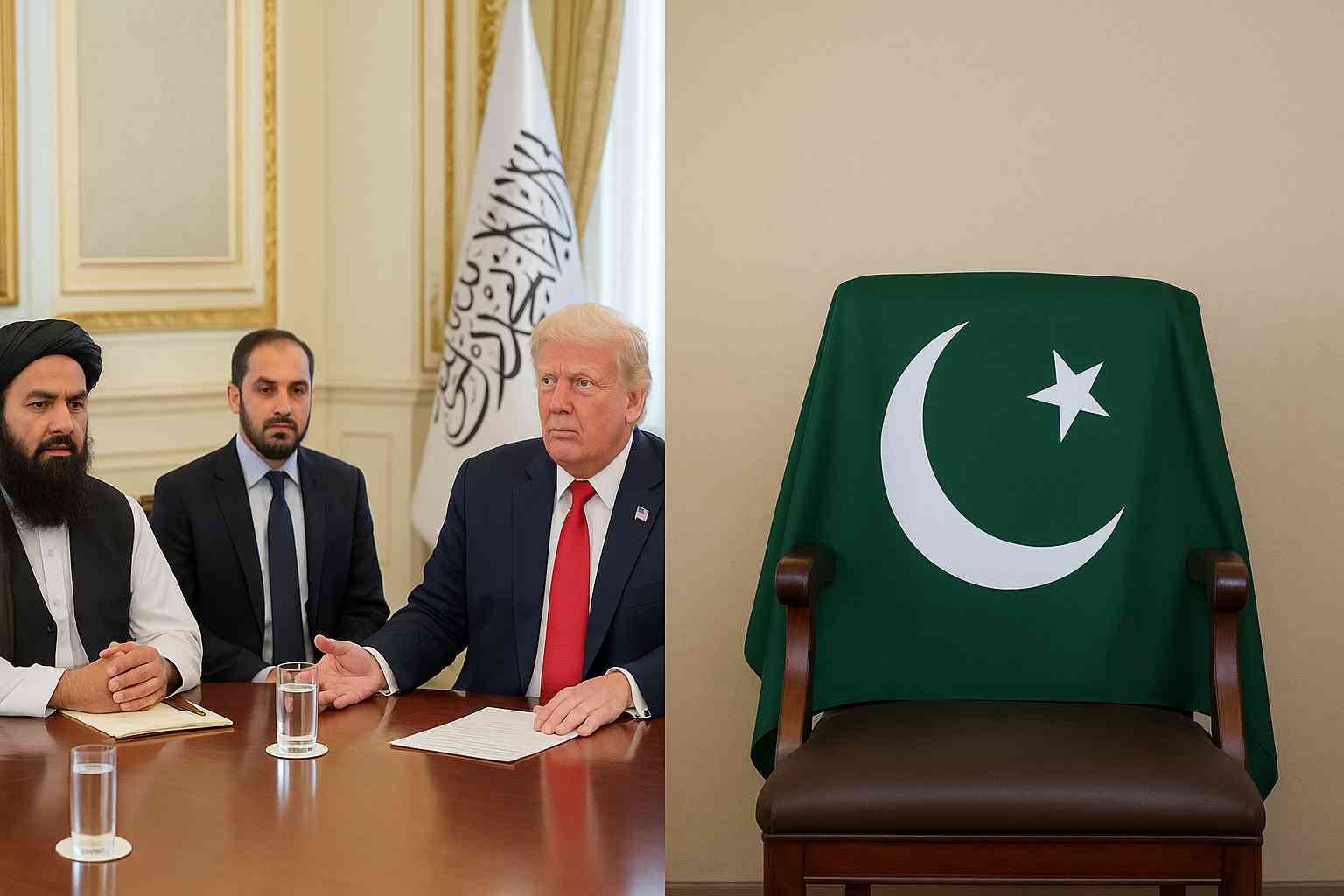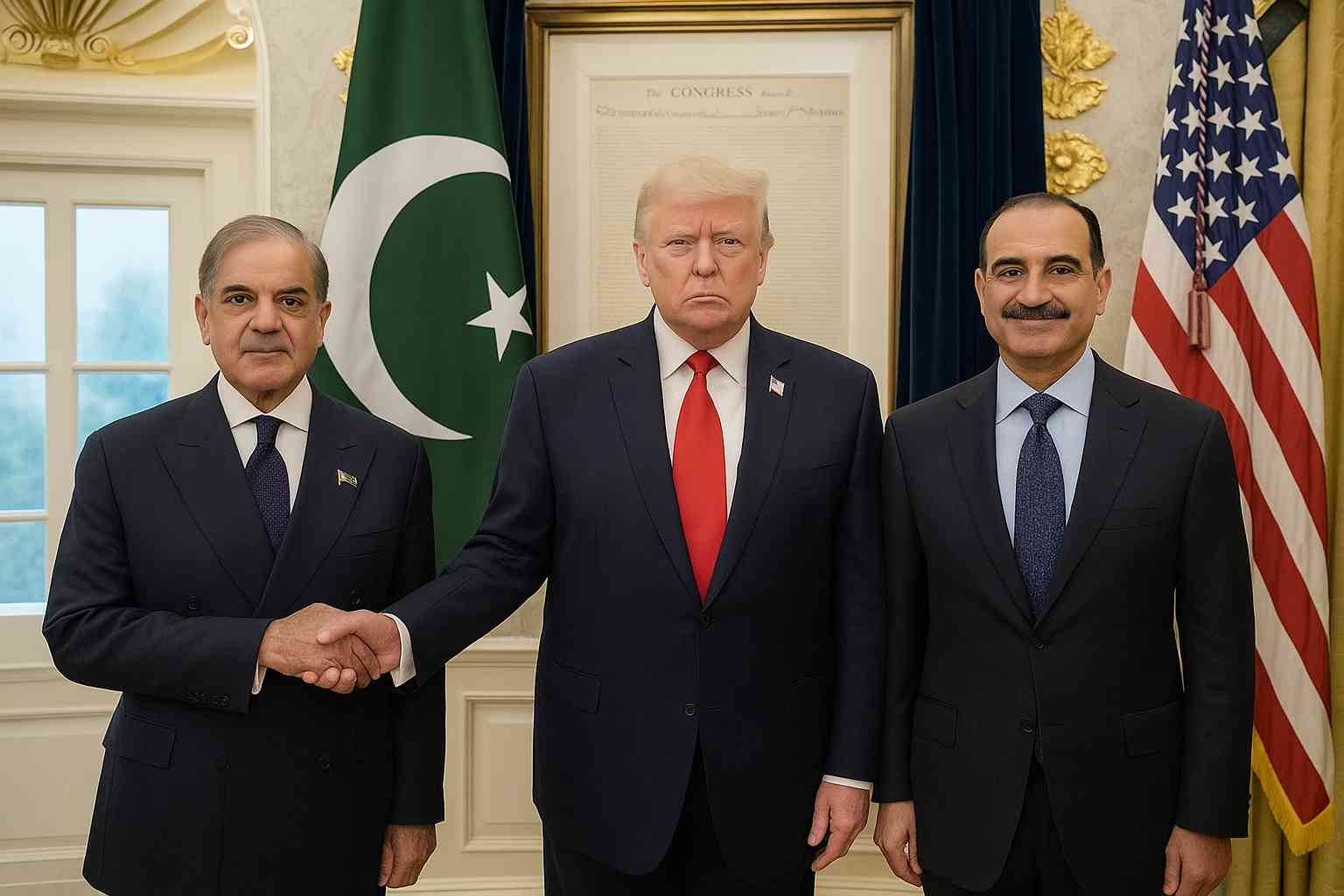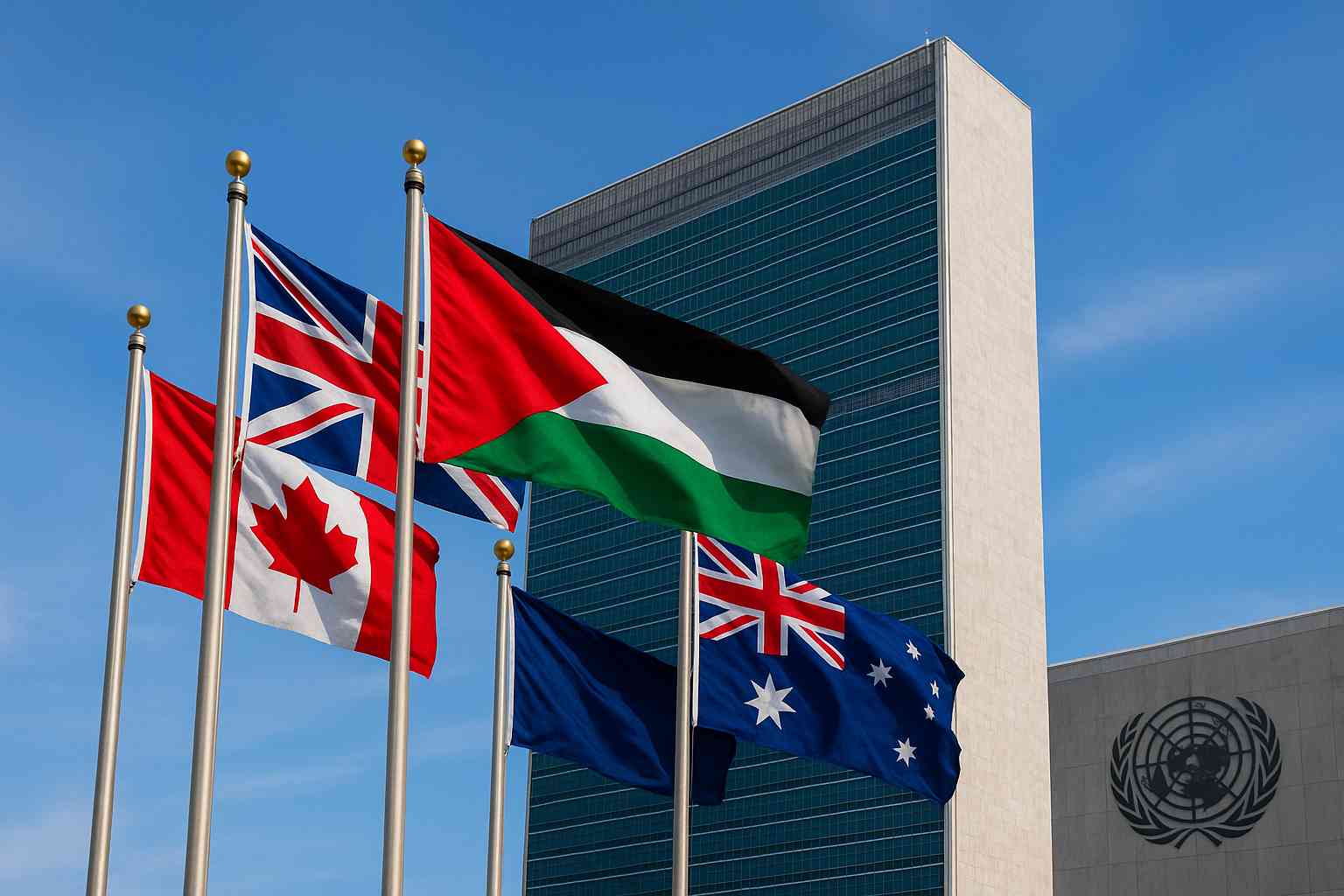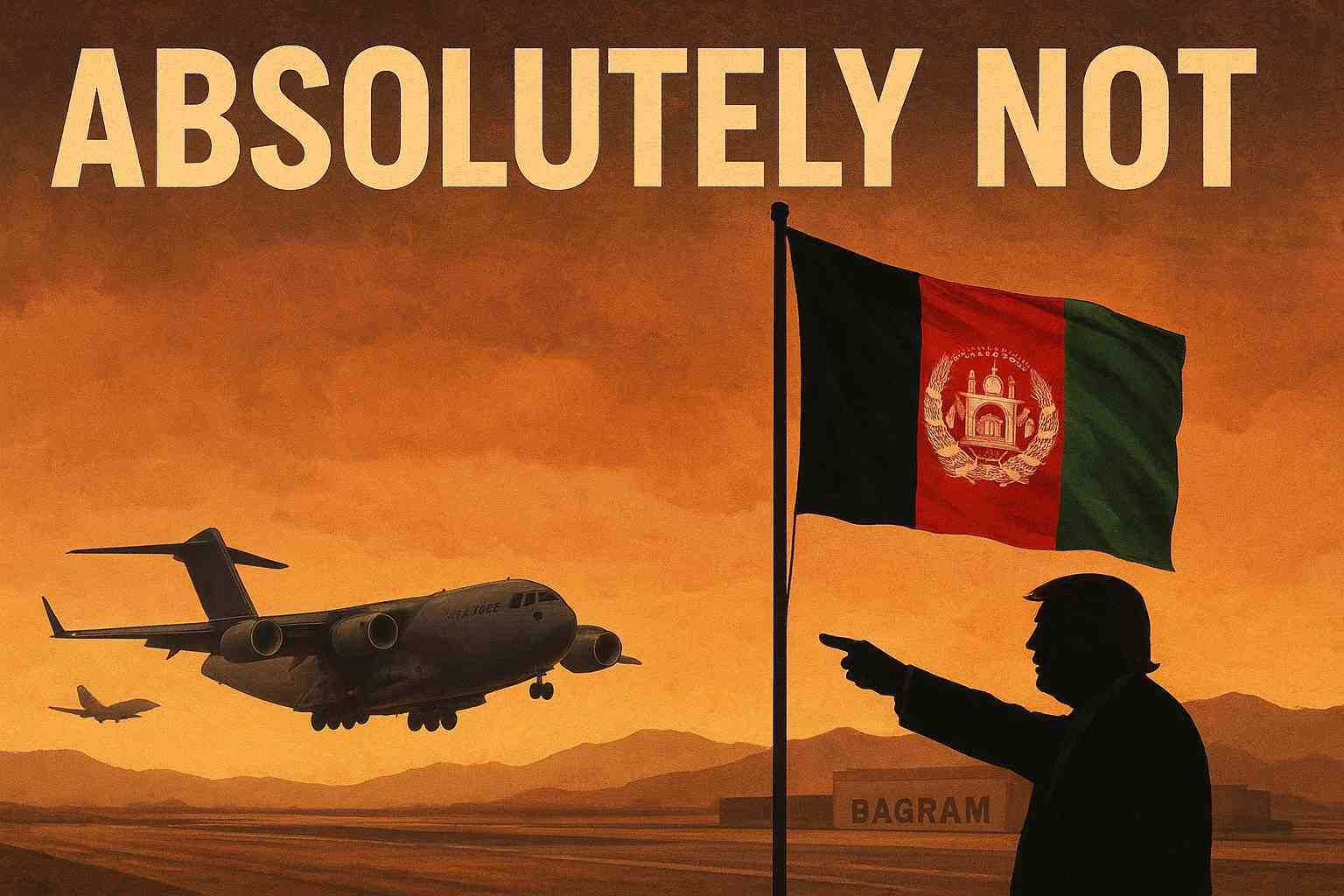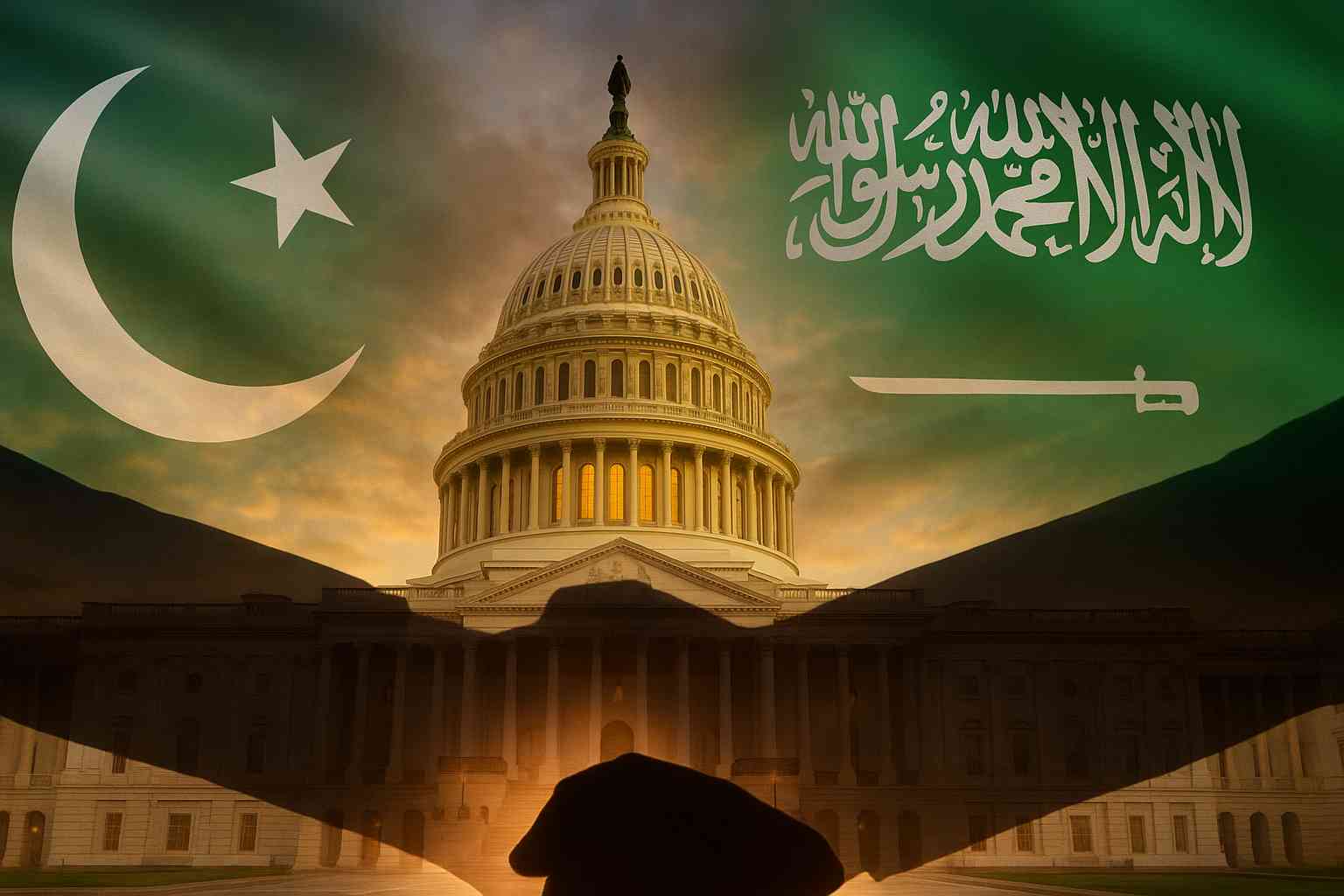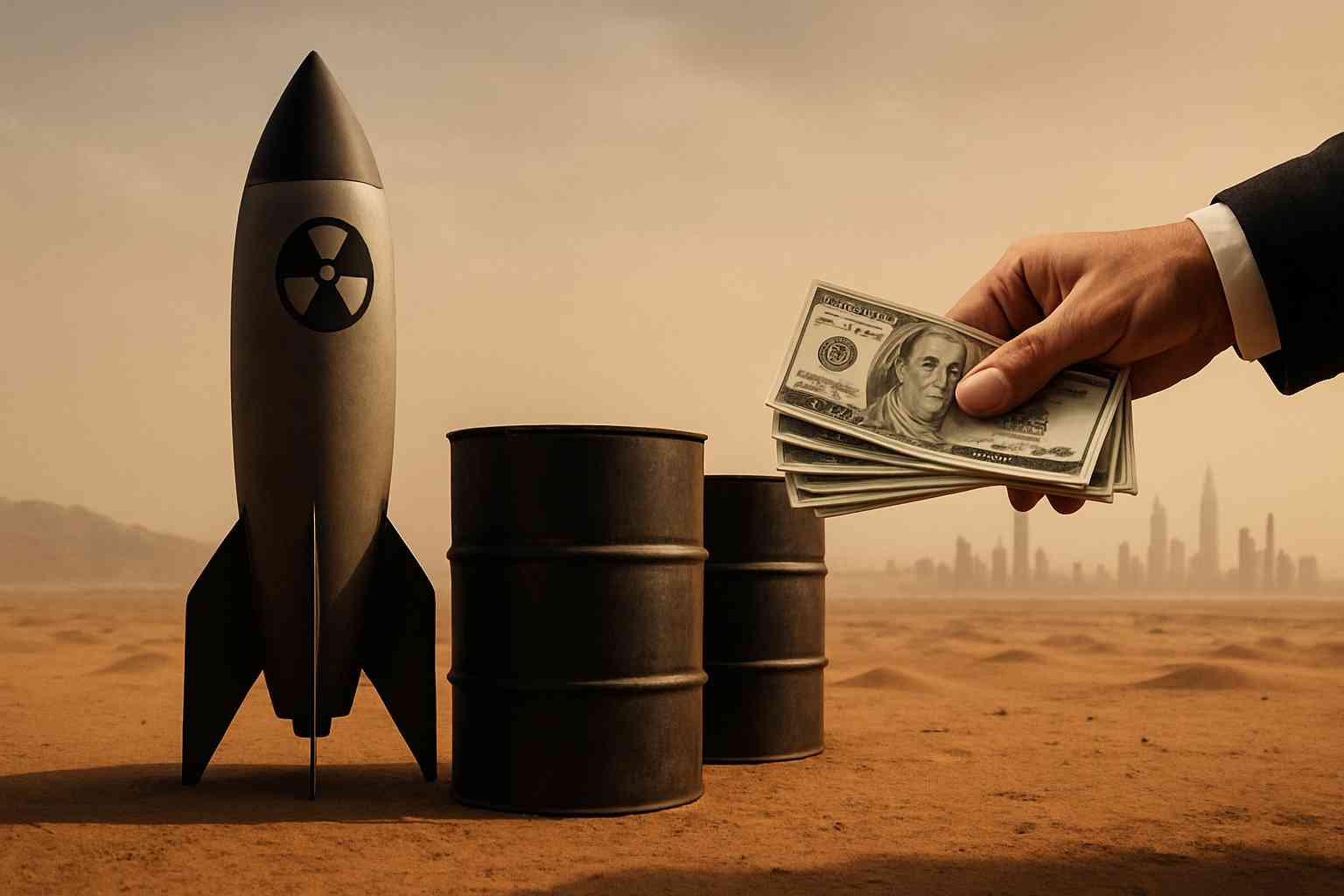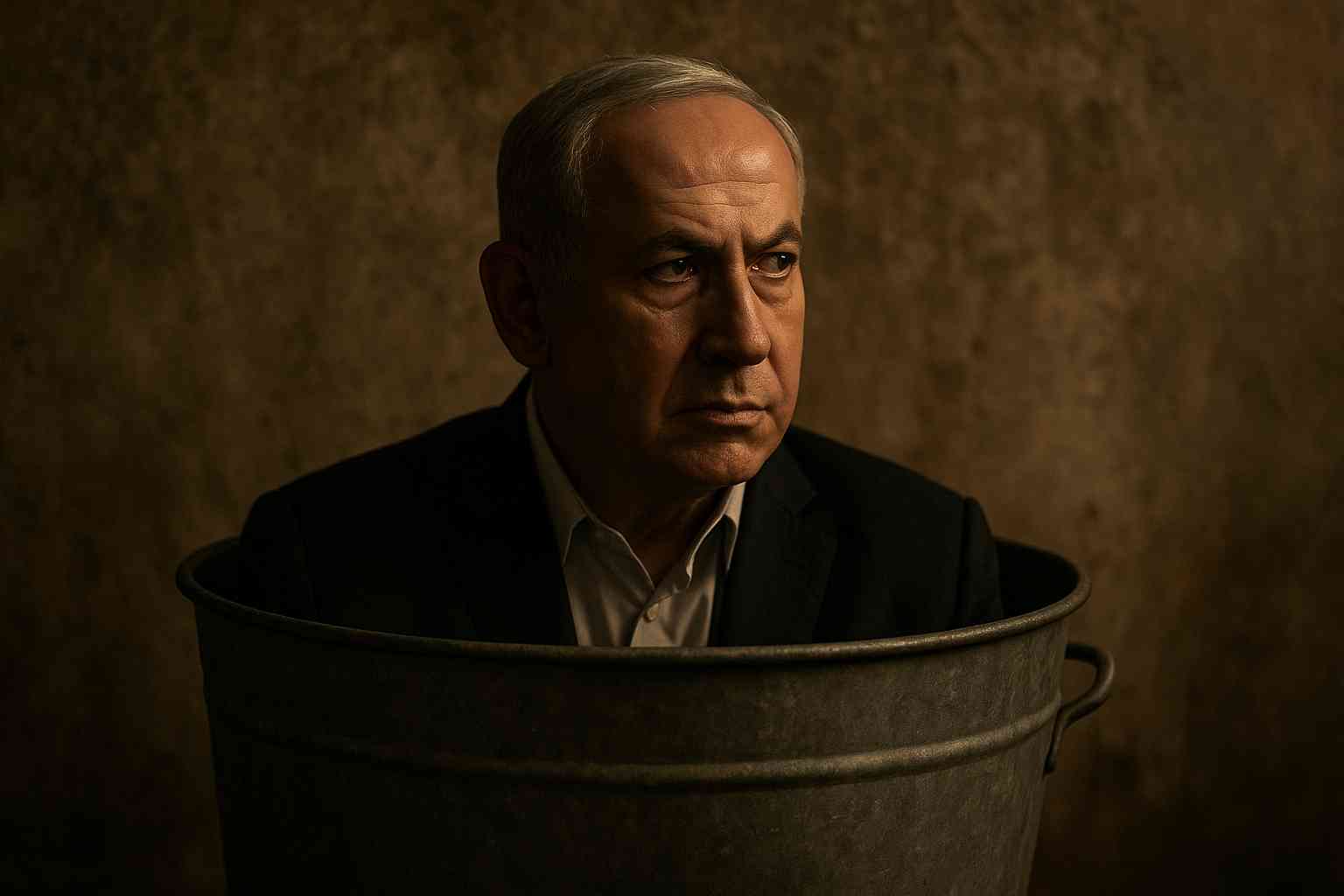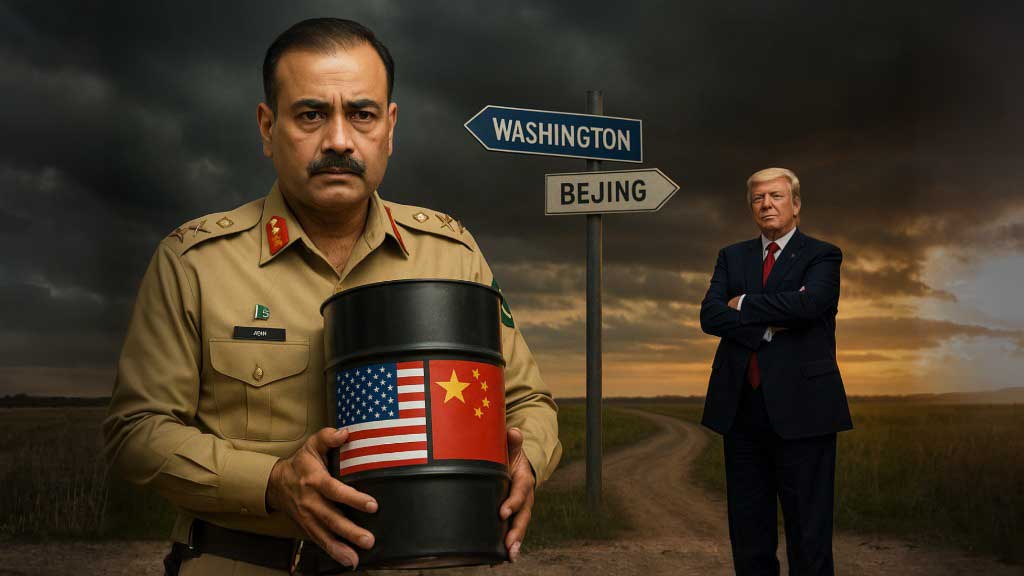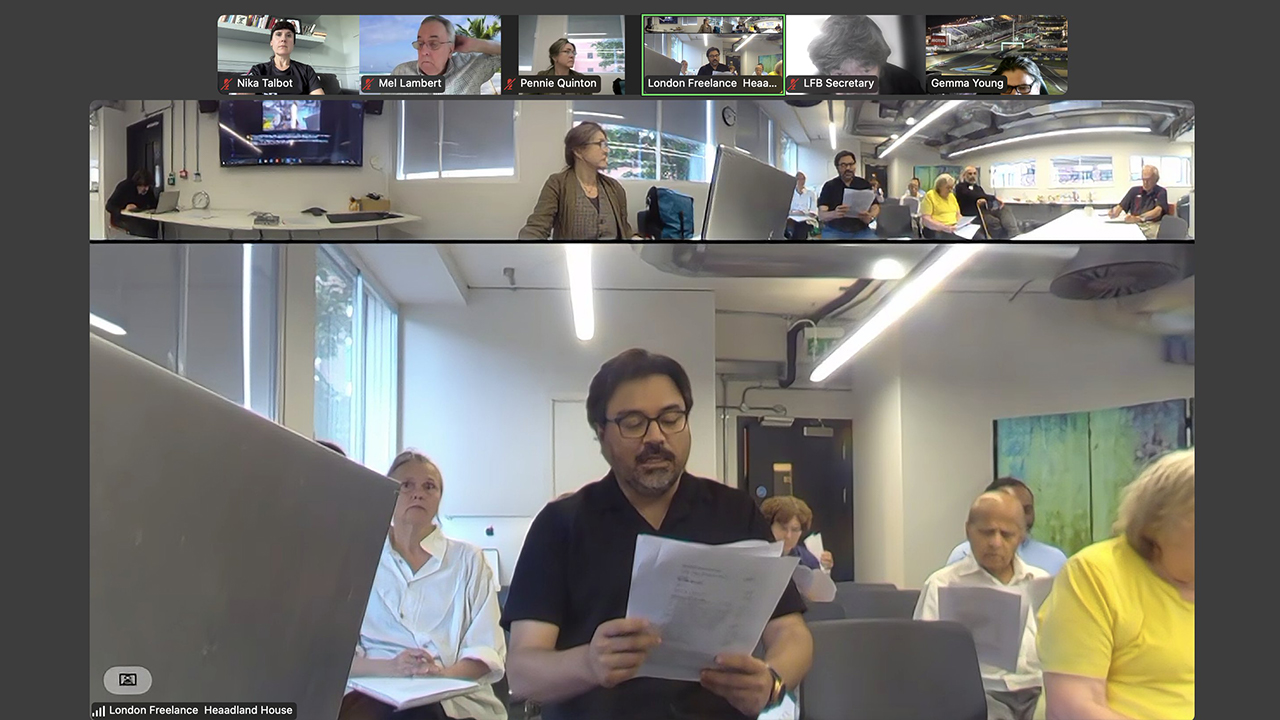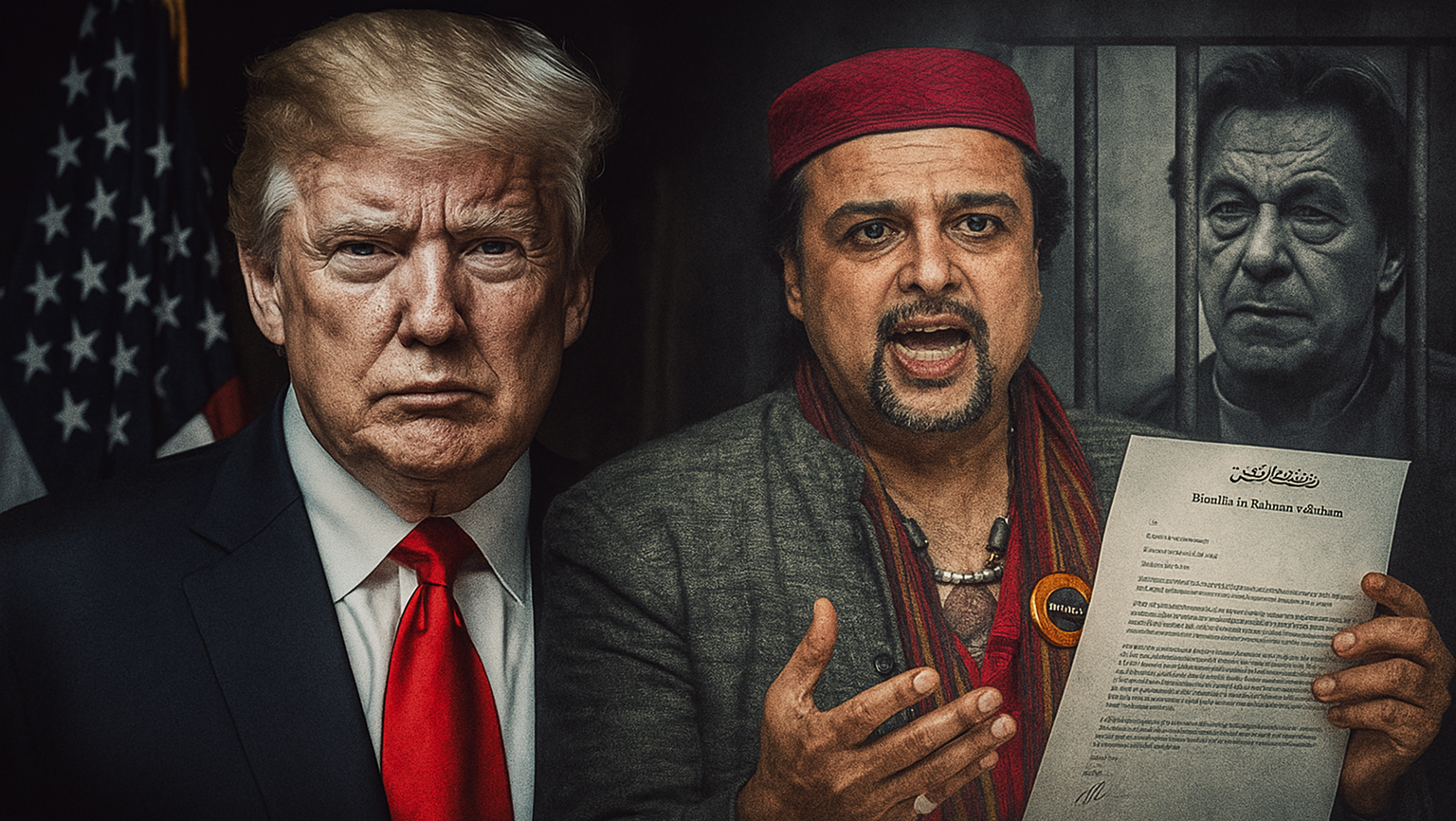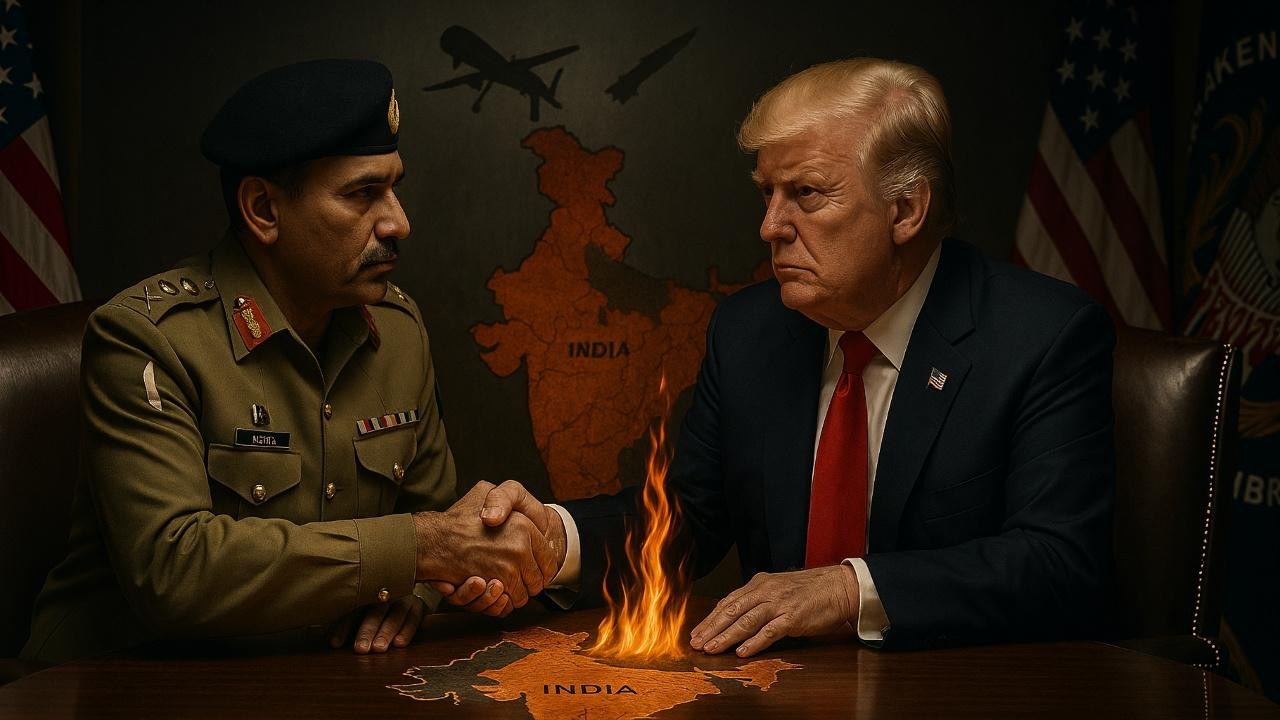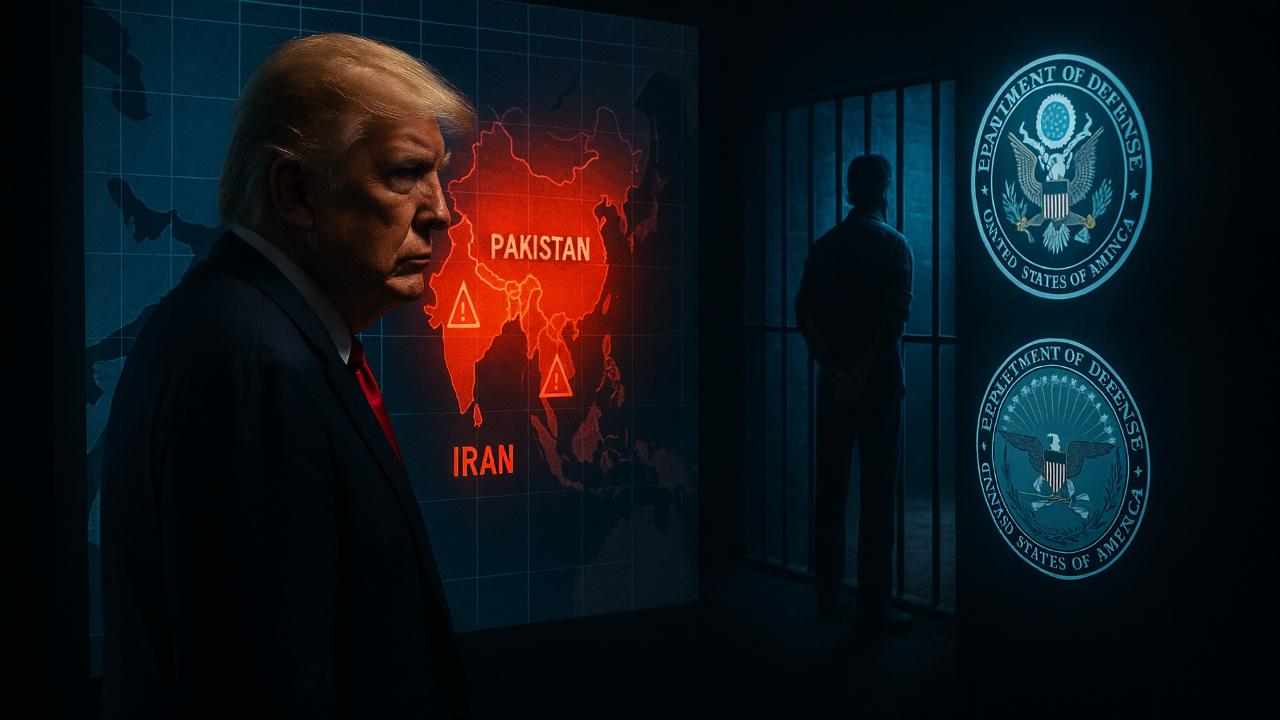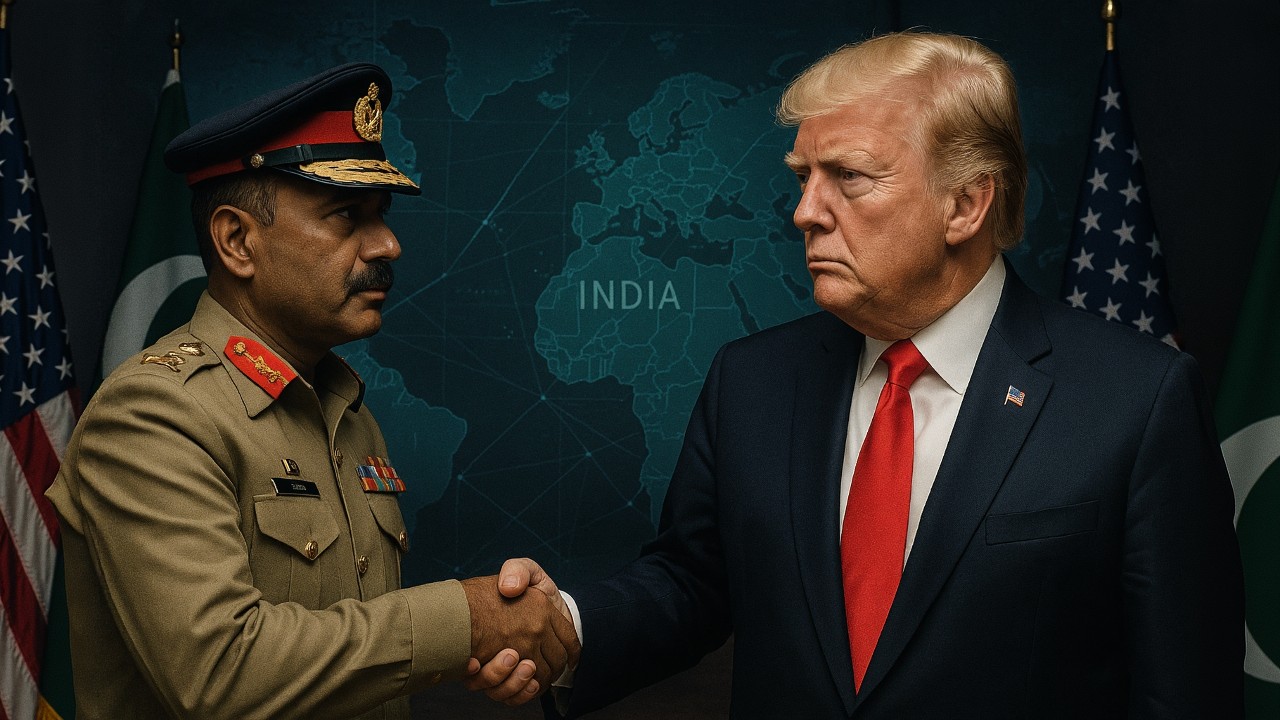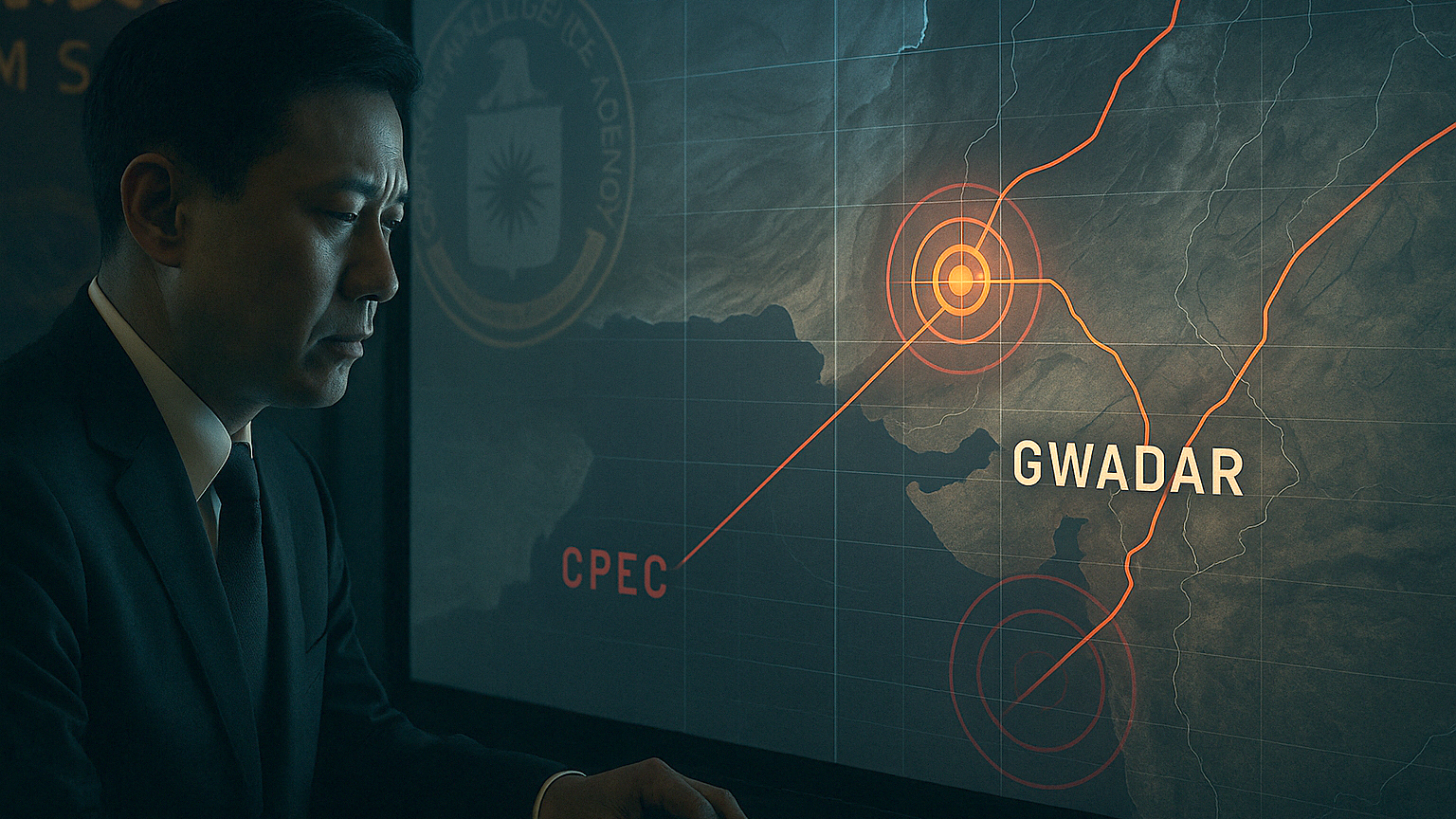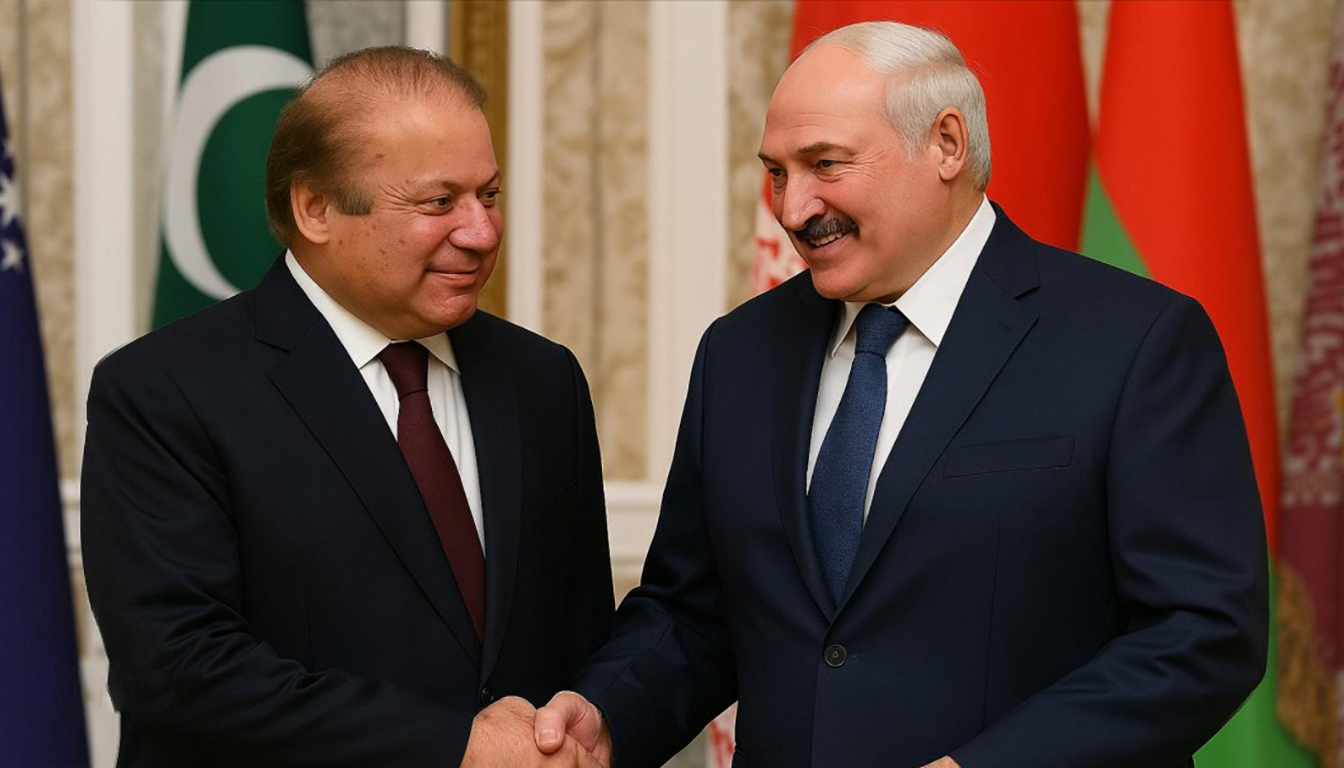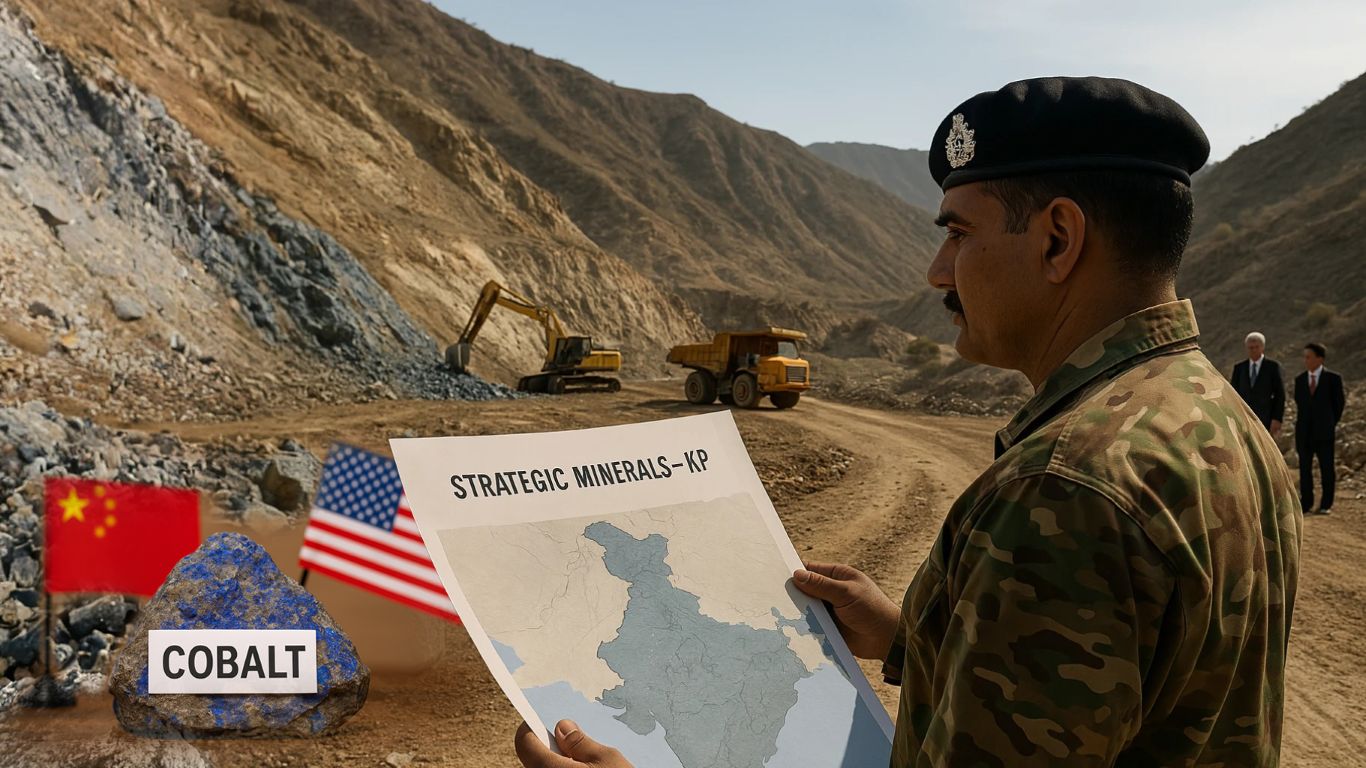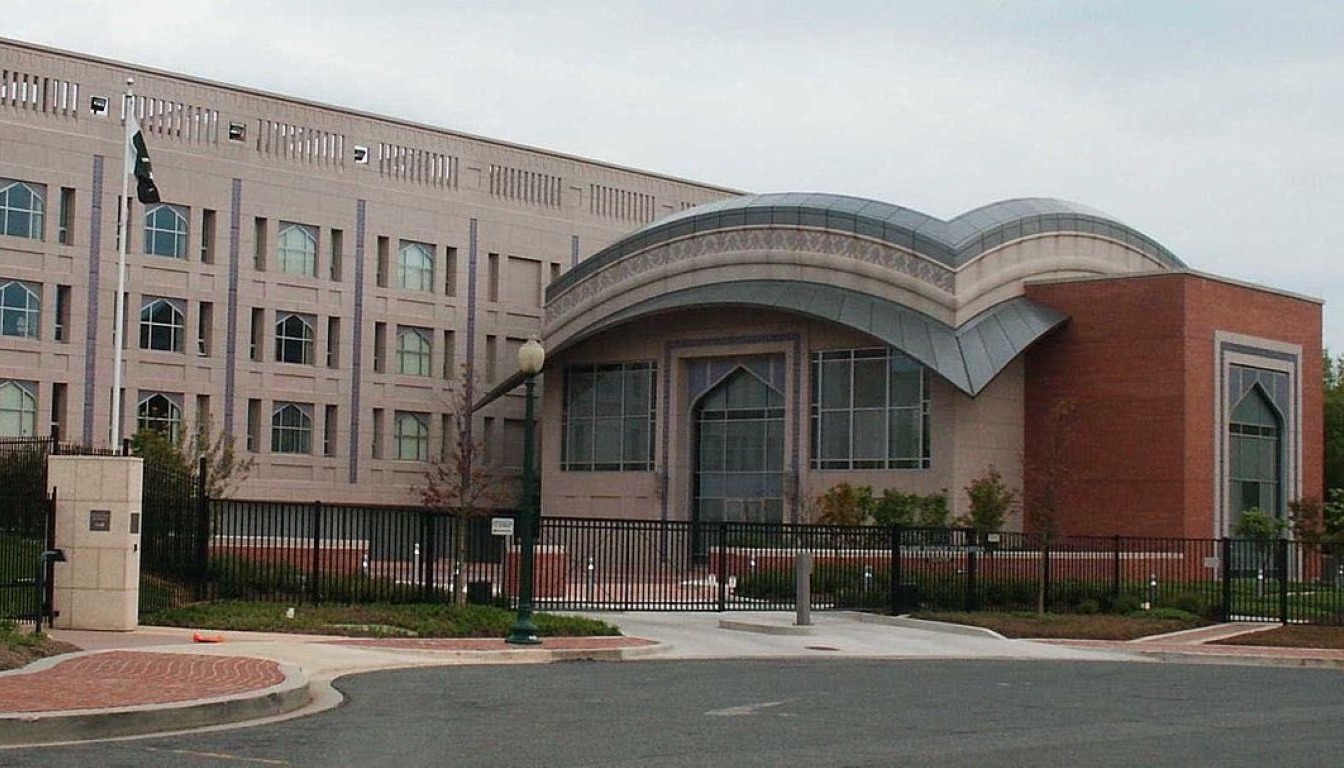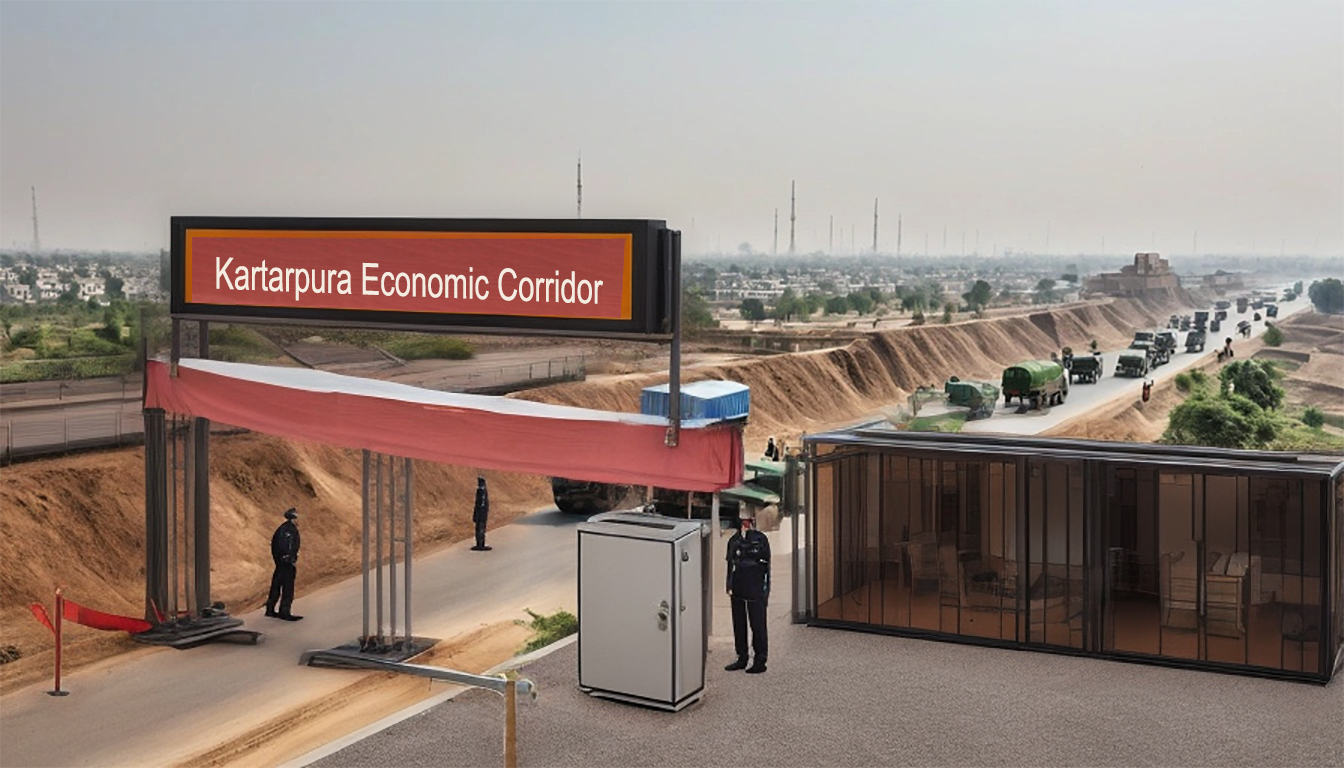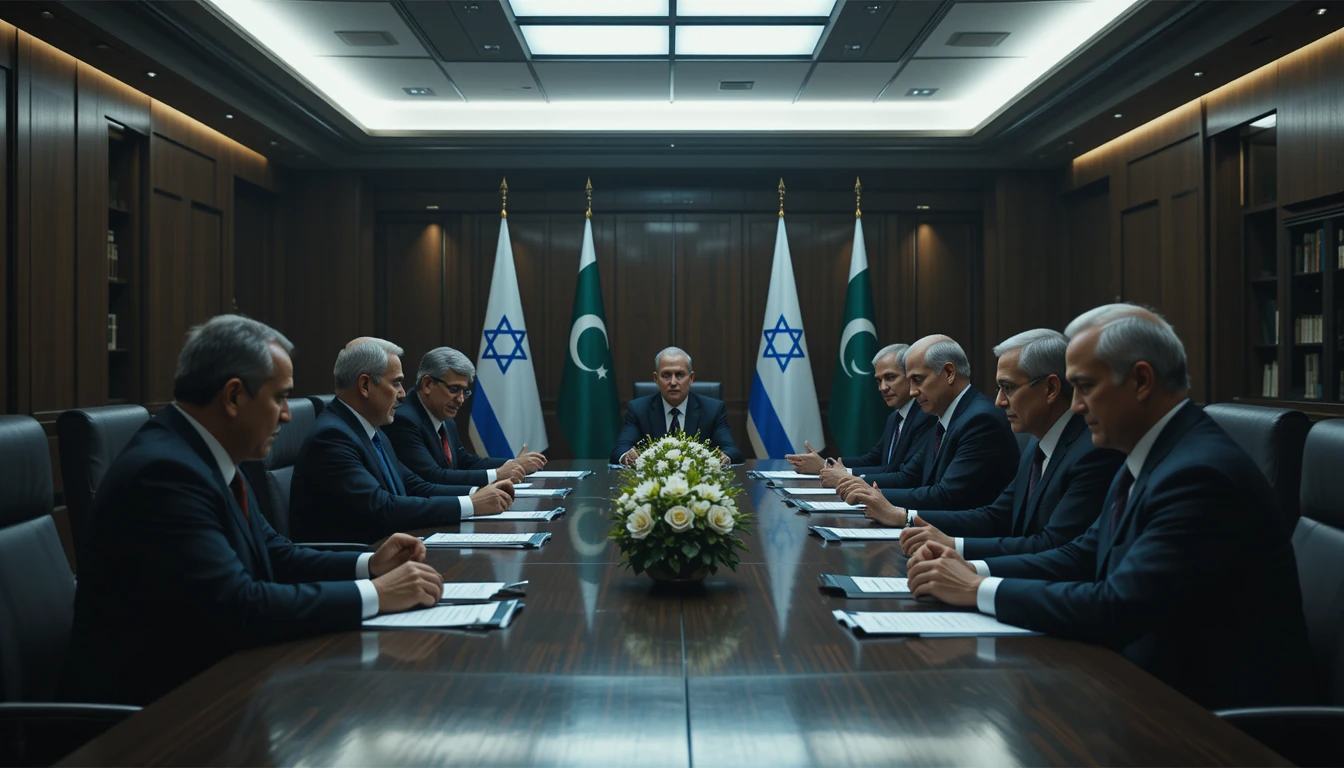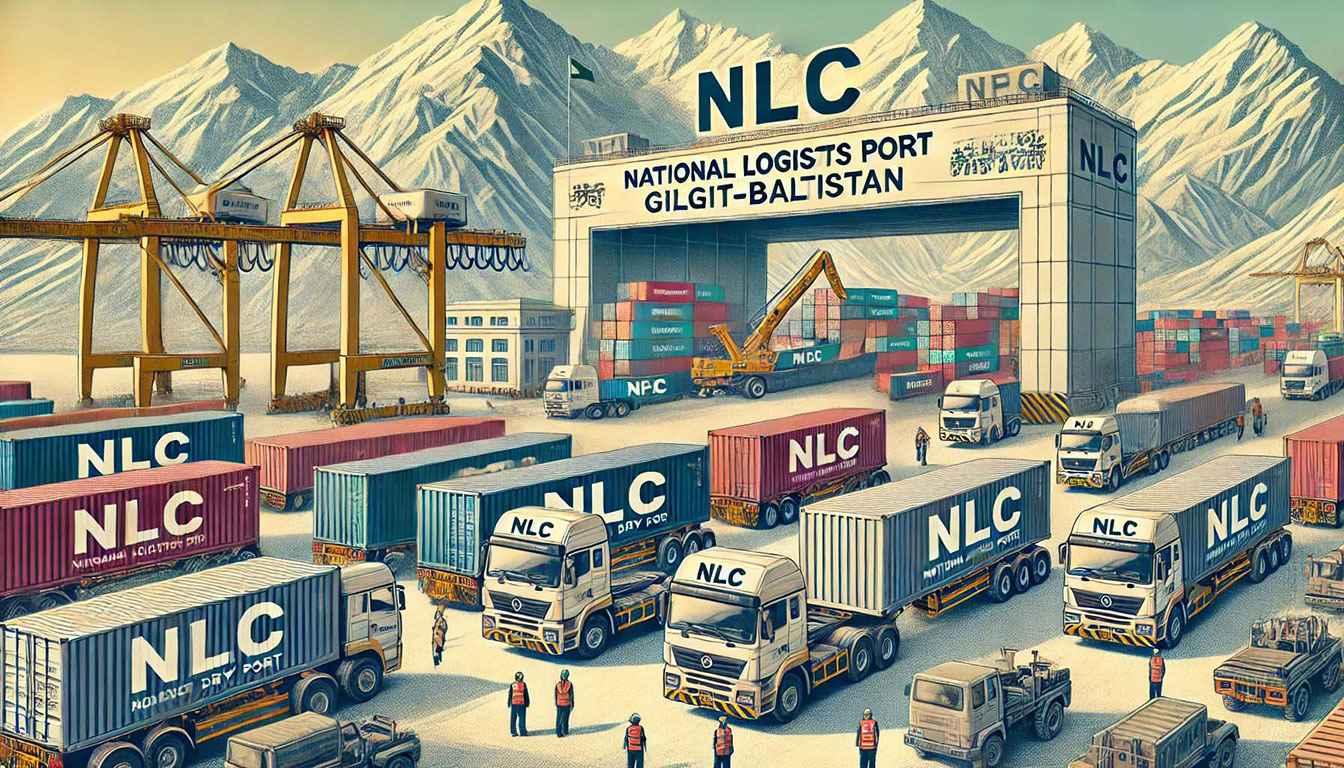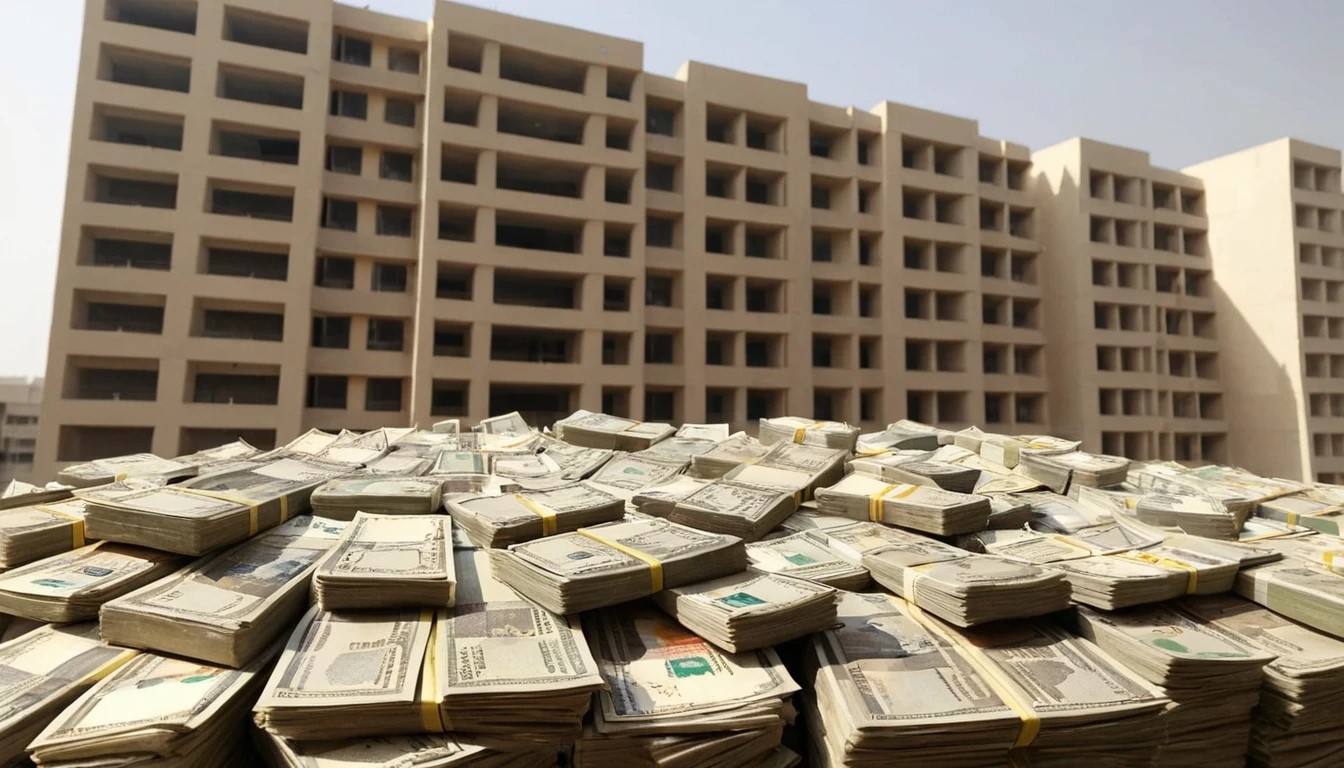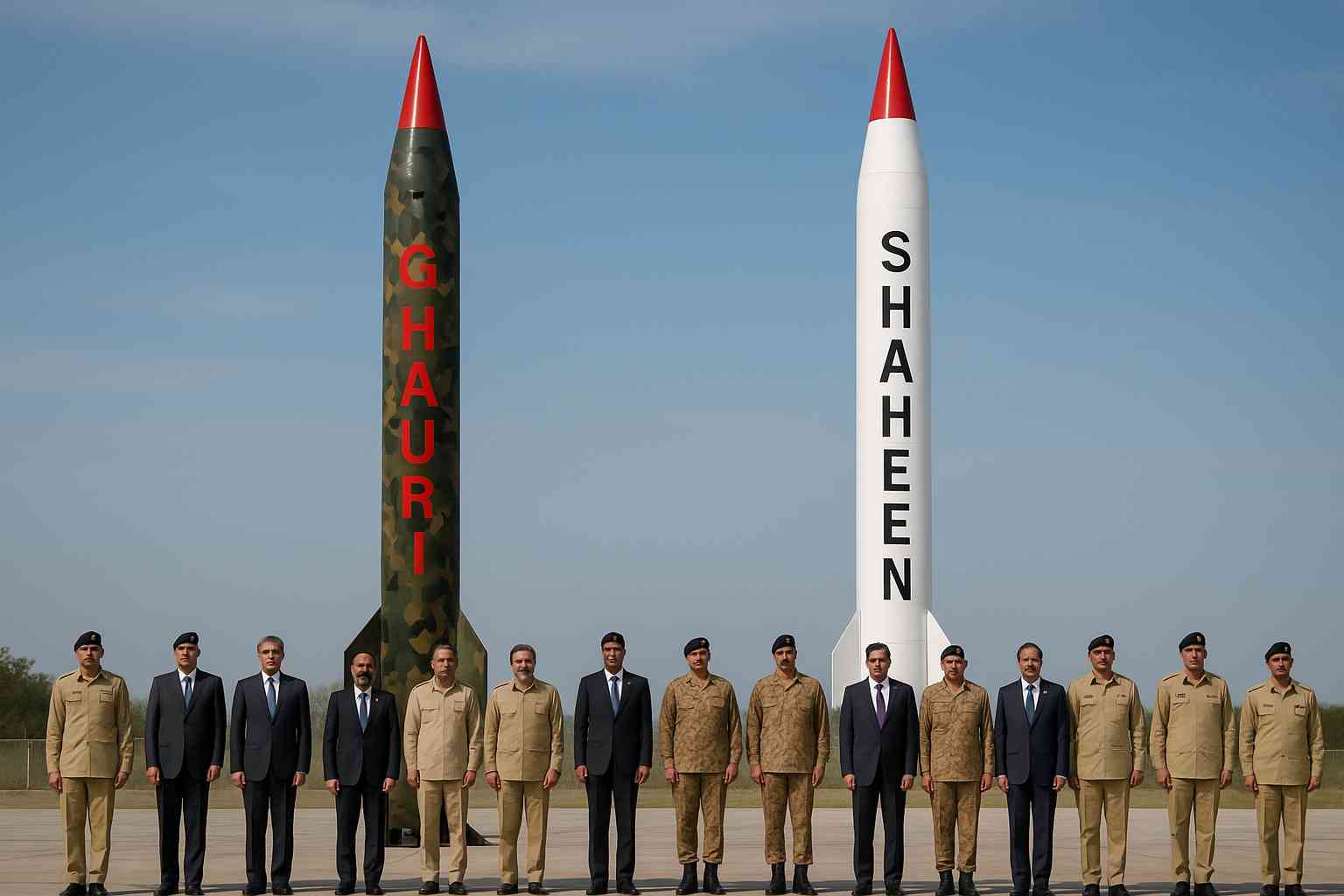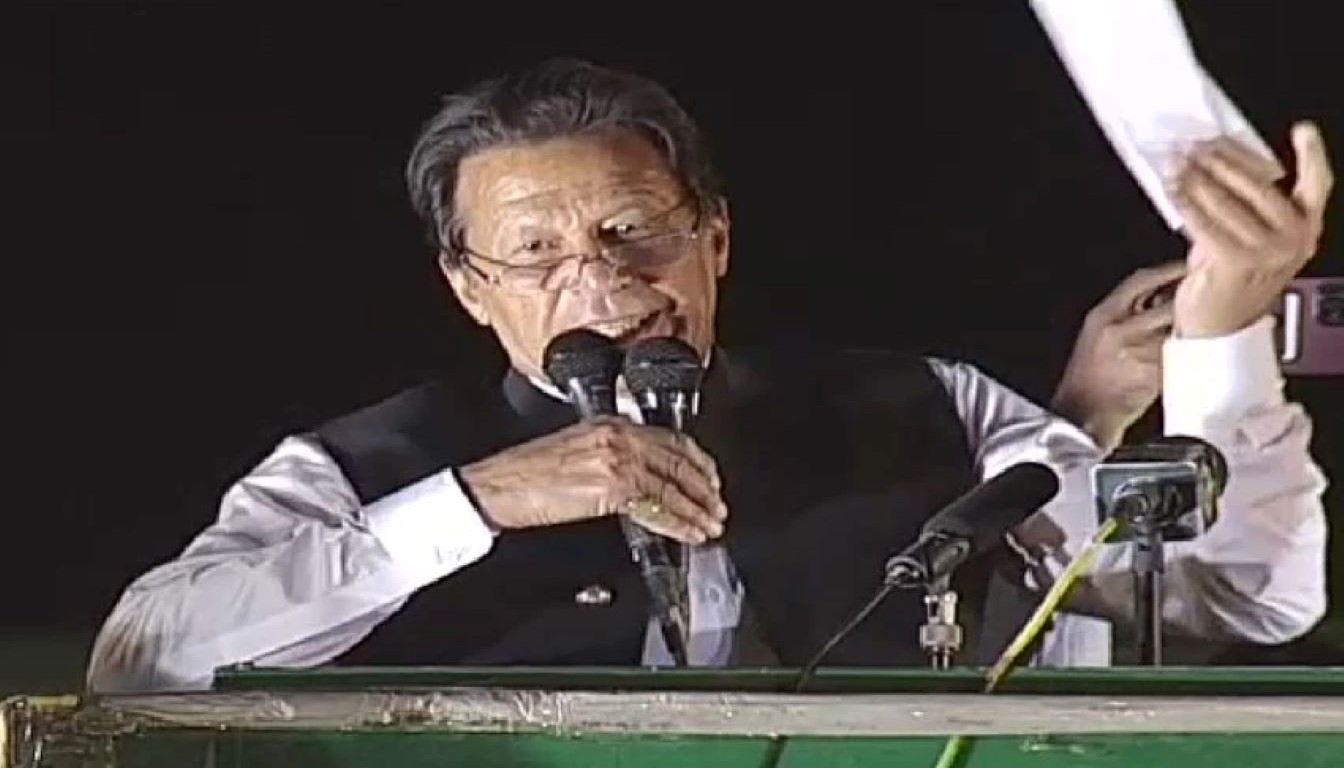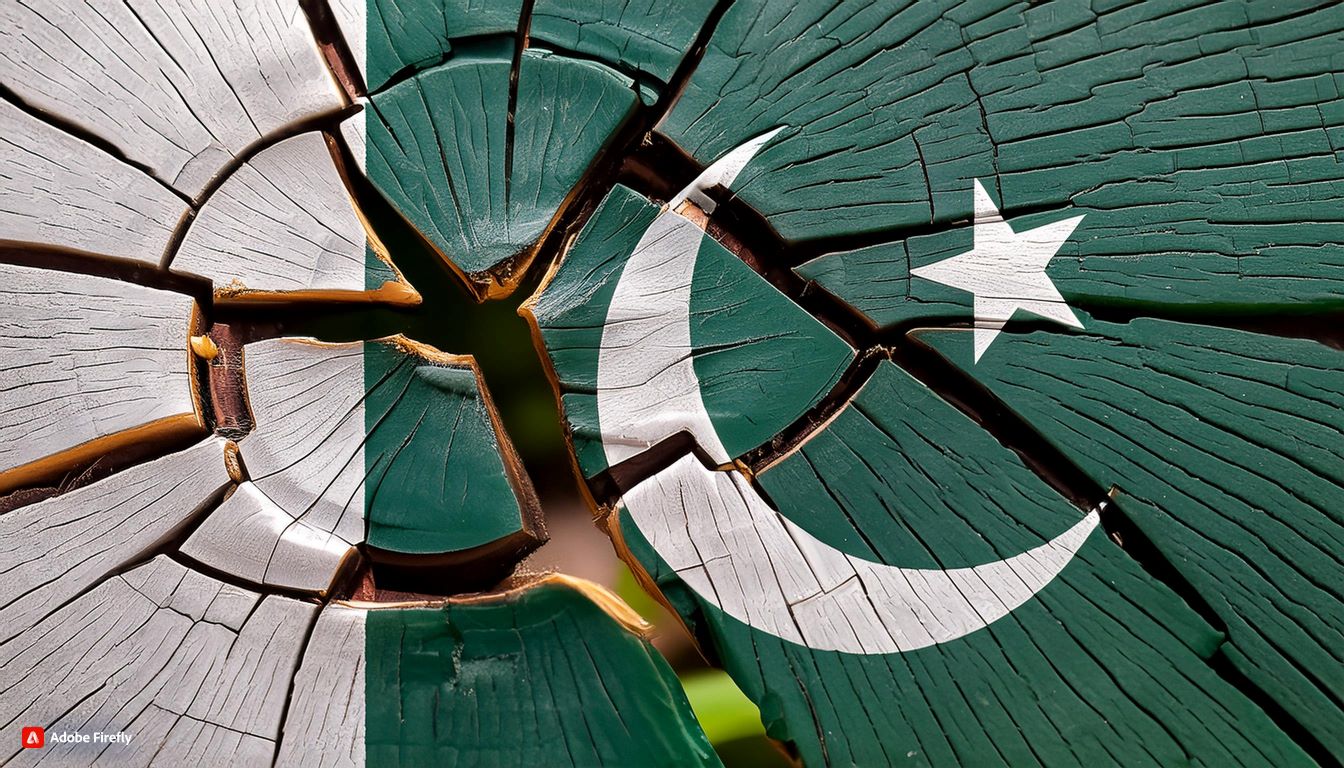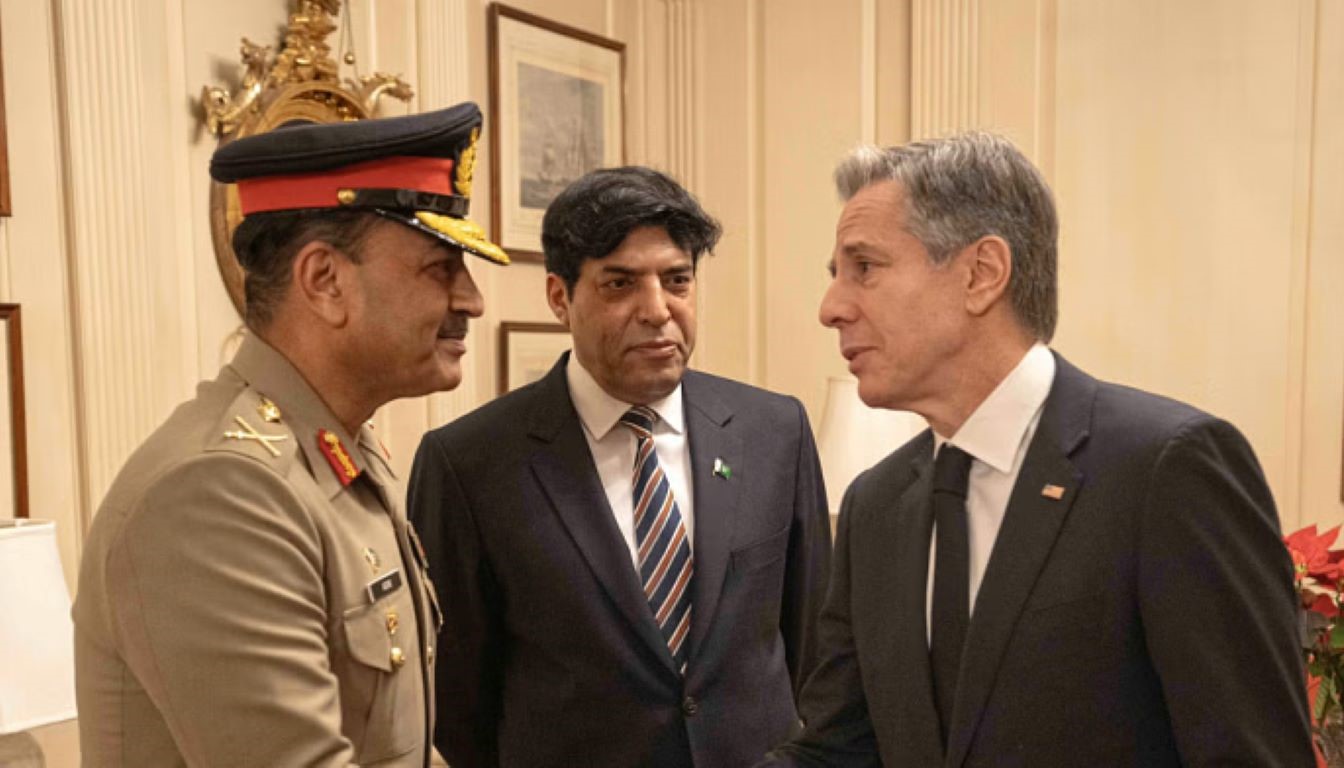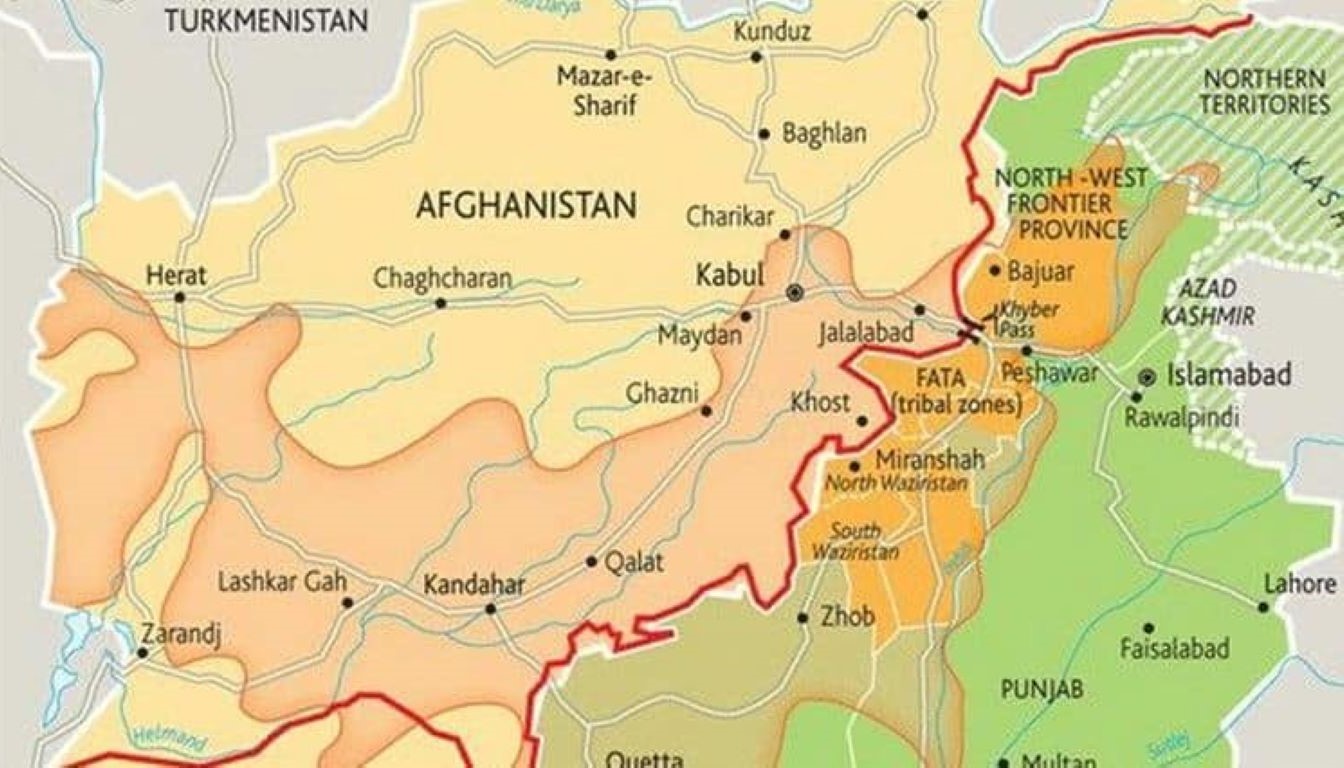Rare earth elements (REEs) are not just obscure metals. They are the backbone of modern warfare and technology—essential for fighter jets, missile systems, satellites, smartphones, and electric vehicles. Whoever controls REEs controls the future. Today, that power lies with China, which commands more than 80% of global refining capacity.
Pakistan does not have the promised reserves which can be feasibly extracted, the refining capability, or the governance to play in the rare earth league. What it does have is a military elite skilled at deceiving superpowers—first the U.S., then China, and now back to the U.S. again.
But in Islamabad and Rawalpindi, General Asim Munir also knows as Munira Mistri(Munir the mechanic) and “The Deceiver” among his military peers is spinning an audacious con: selling the Trump administration the fantasy that Pakistan can break China’s chokehold on rare earths. In reality, this is nothing more than another Rawalpindi scam—like the Reko Diq fiasco—wrapped in geopolitical sugarcoating.
China’s Rare Earth Grip

Production: China mines 60–65% of global REEs.
- Processing monopoly: Over 80% of refining happens in China, even for ores mined elsewhere.
- Leverage: Beijing has used REE export bans as a weapon before, forcing U.S. allies like Japan to bend during disputes.
- Alternatives: Australia’s Lynas is the only major non-Chinese refiner. Brazil, Russia, Afghanistan and India sit on reserves but lack infrastructure.
For Washington, breaking free from Chinese dominance is an urgent strategic goal. That desperation is exactly what Munir is exploiting.
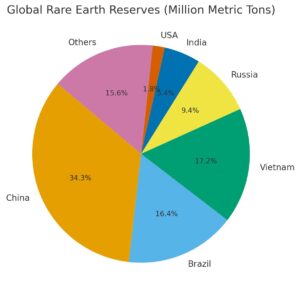
Proven Reserves of REE so far
Munir Mistri’s Mirage
Through the Special Investment Facilitation Council (SIFC), General Munir has promised an astonishing $100 billion in foreign investment—a number plucked from thin air and paraded as proof of Pakistan’s new economic dawn. At the center of this narrative sits rare earth minerals.
The pitch to Trump’s team is seductively simple:
- Pakistan has “untapped reserves.”
- The military guarantees “stability” and security for investors.
- Working with Pakistan reduces U.S. reliance on China.
But here’s the truth:
- No credible surveys: Claims about Pakistan’s REE reserves are unverified, speculative, and often recycled from decades-old geological reports.
- Zero refining capacity: Even if Pakistan does possess rare earth reserves, the country lacks the most critical piece of the supply chain—processing plants. Any ore extracted would still have to be sent abroad, most likely to China, which dominates global refining. The much-hyped reports of a shipment to the U.S. carried little weight, since America’s own REE processing capacity remains limited compared to China’s. Similarly, the proposal to develop a U.S.-controlled port next to the Chinese-run Gwadar port in Baluchistan was never Washington’s policy, but rather a pitch by General Asim Munir’s regime—another in a long line of “sand castles” built over the past three years that failed to materialize. The reasons are obvious: worsening security in Baluchistan and deep investor mistrust. Even China, which completed Gwadar through its state-run firms, has grown disillusioned with Pakistan’s non-productive ventures and has recently scaled back investments.
- Track record of corruption: The Reko Diq mining scandal cost Pakistan $6 billion in international arbitration due to mismanagement and shady deals. Expecting Pakistan’s military-run state to handle REEs better is pure delusion.
- Military capture: Contracts are controlled by the army, not civilian institutions, ensuring opacity, kickbacks, and geopolitical horse-trading.
Trump’s Vulnerability
For Trump—who prides himself on economic nationalism and challenging China—the promise of a “friendly Muslim ally” offering rare earths is politically tempting. But it is also a trap.
Backing Munir’s scheme would mean:
- Propping up an unelected general who stole Pakistan’s elections and imposed a puppet regime.
- Tying U.S. security supply chains to a military notorious for double-dealing with terrorists, China, and the Gulf monarchies.
- Investing in phantom resources that do not exist at scale or cannot be processed outside China.
This isn’t “diversification.” It’s a con job.
The Bigger Pattern
Rawalpindi’s playbook has always been the same:
- 1970s–80s: Sell itself as the bulwark against Soviet communism.
- 2001 onwards: Sell itself as America’s indispensable partner in the War on Terror—while simultaneously sheltering the Taliban.
- 2020s: Now, sell itself as the savior of U.S. supply chains against China—using phantom minerals as bait.
The faces change—Zia, Musharraf, Bajwa, Munir—but the scam remains constant: extract dollars, gain legitimacy, deliver nothing.
A Way Forward
If Washington wants to secure its REE future, the answer does not lie in the hands of generals in Rawalpindi. The path lies in:
- Scaling domestic U.S. refining capacity.
- Investing in credible allies like Australia, Brazil, and Afghanistan after mending ties with the Afghan government.
- Developing recycling and alternative technologies to reduce dependence altogether.
Conclusion
General Asim Munir is not offering the U.S. a strategic breakthrough. He is offering a mirage, fronted by Asim Mistri’s $600k/month lobbyists at D.C. and lubricated by corruption. Pakistan does not have the promised reserves which can be feasibly extracted, the refining capability, or the governance to play in the rare earth league. What it does have is a military elite skilled at deceiving superpowers—first the U.S., then China, and now back to the U.S. again.
Unless Washington learns from history, Trump’s administration risks becoming the next victim of Pakistan’s long con. This time, the cost won’t just be wasted dollars. It could be America’s technological and military edge in the 21st century.
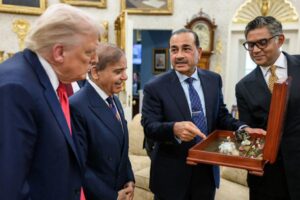
Pakistani Army Chief Asim Munir nicknamed “The Deceiver” in the military is presenting President Trump REE alongside his puppet Prime Minister Shahbaz Sharif








